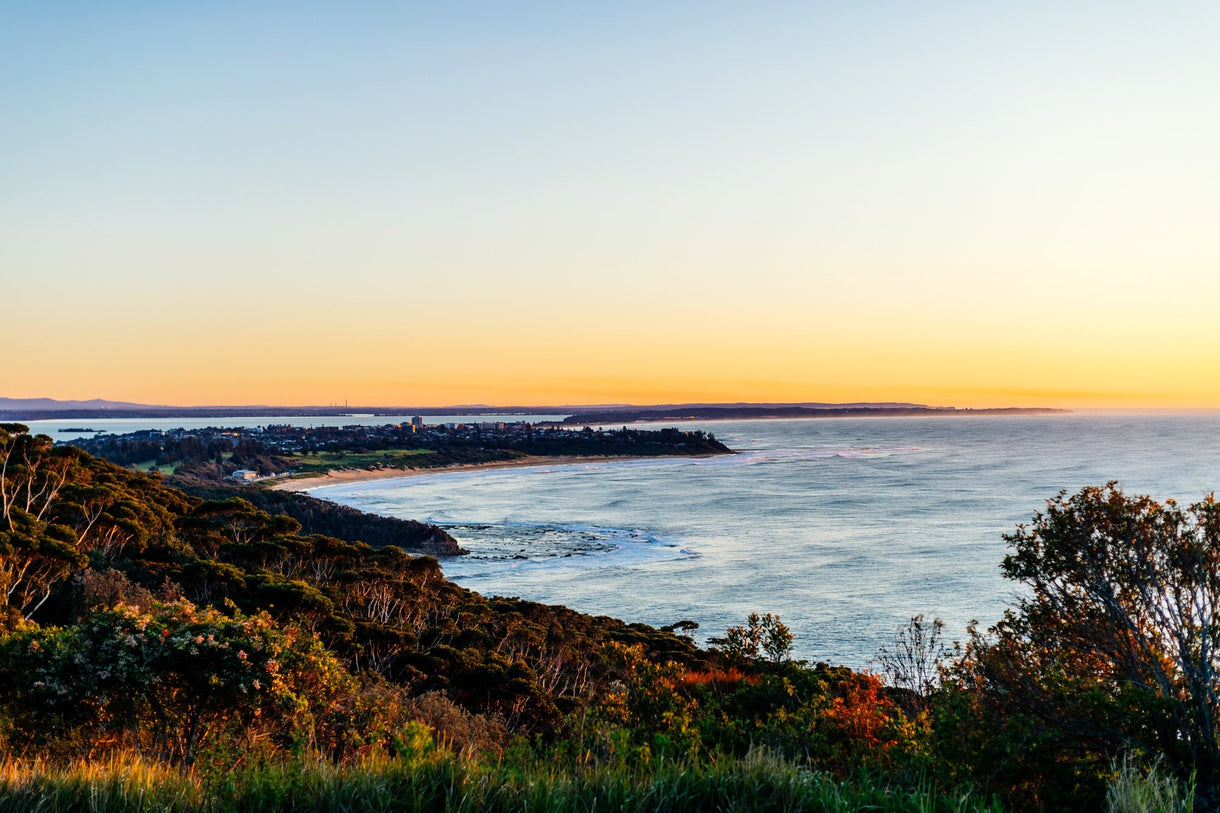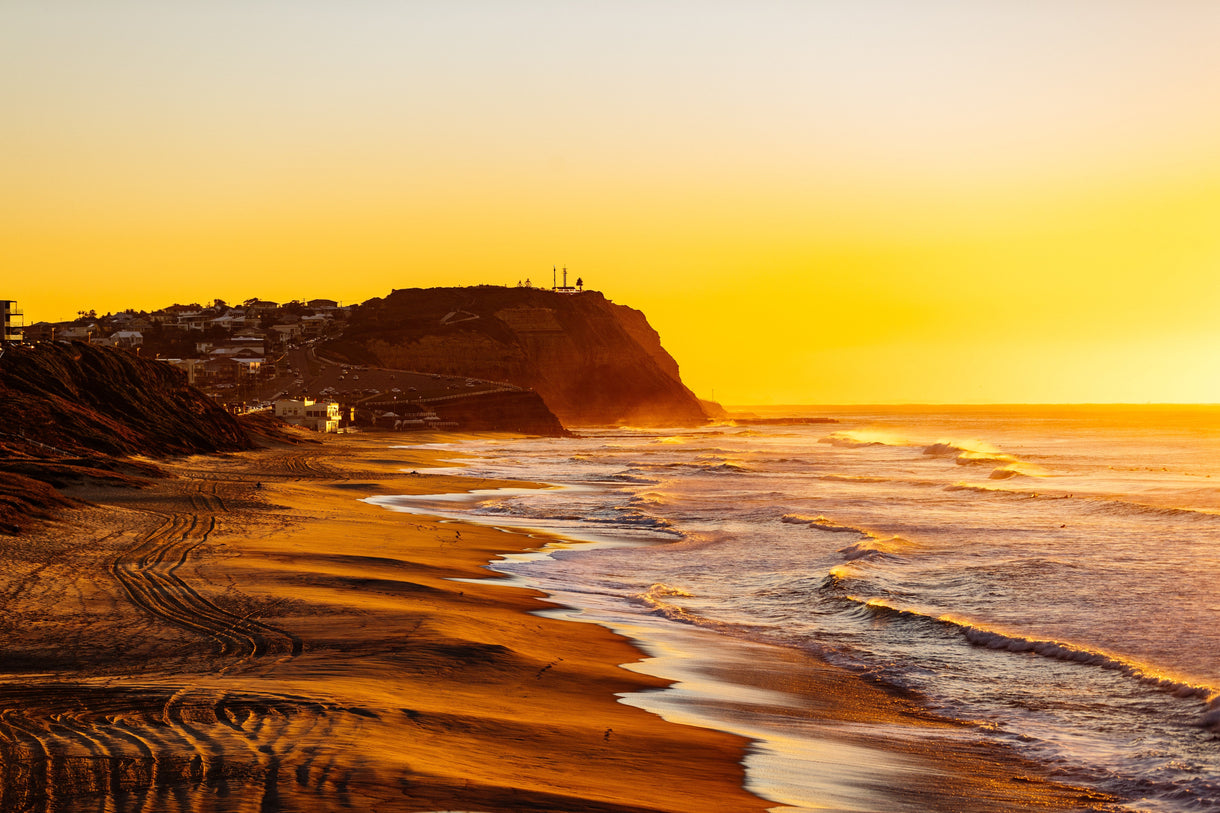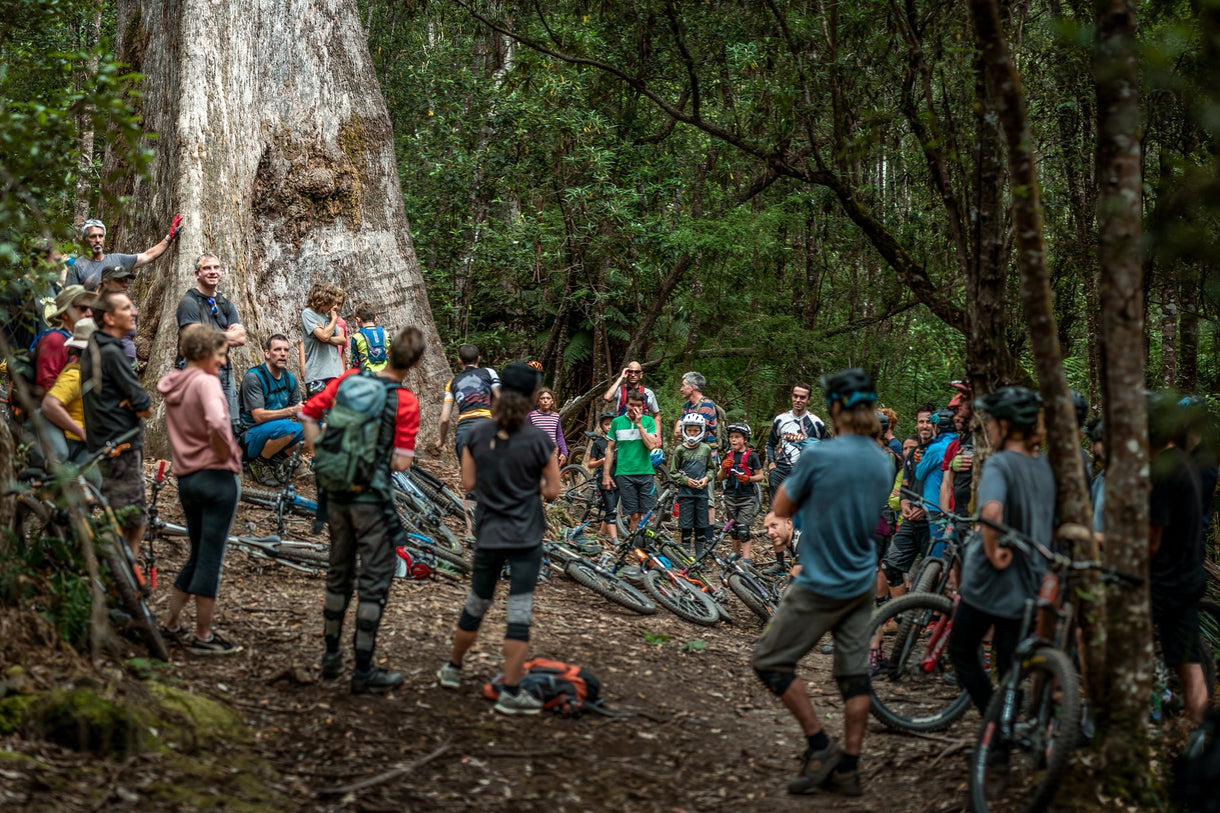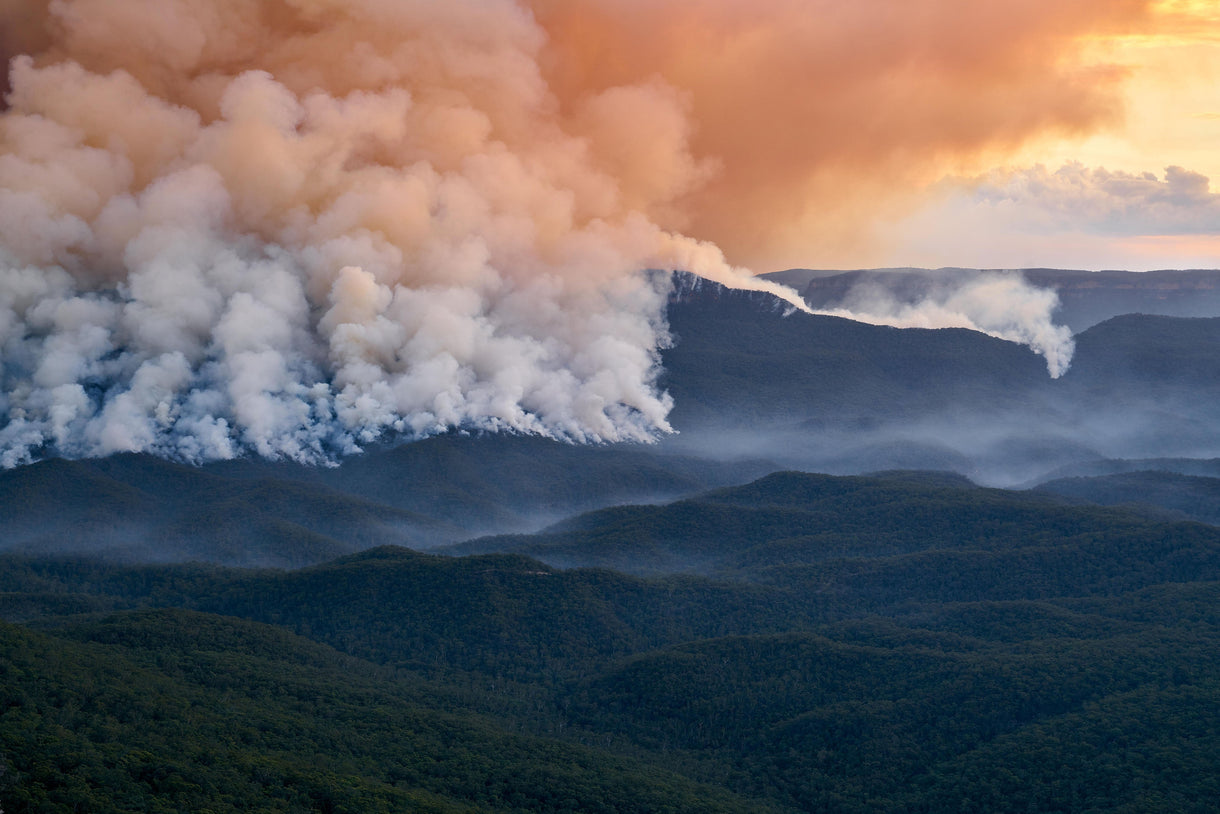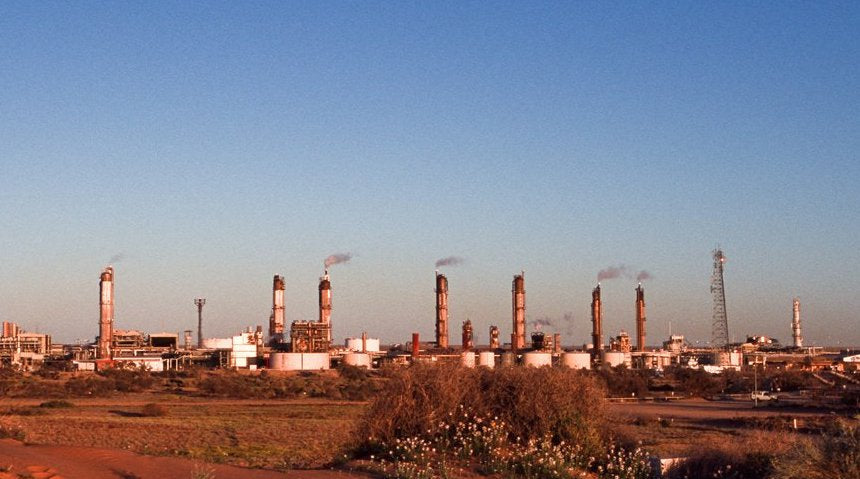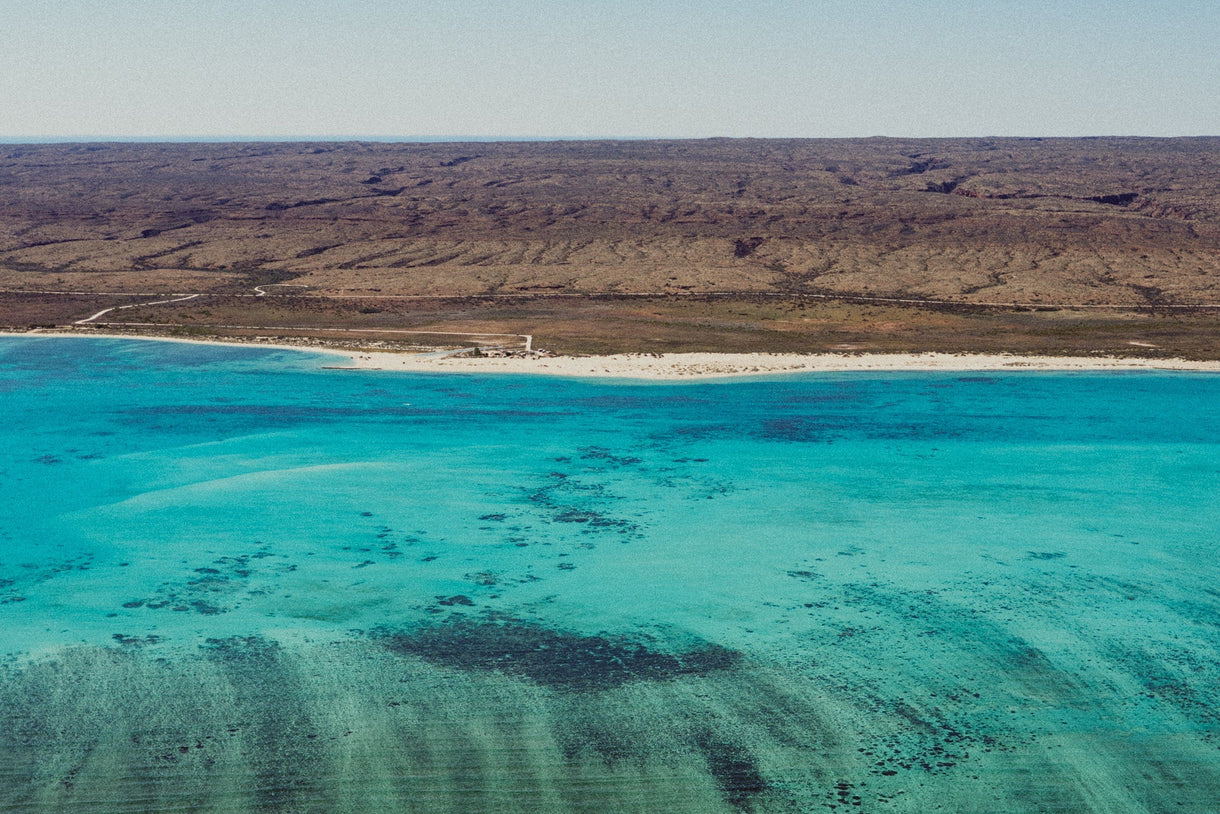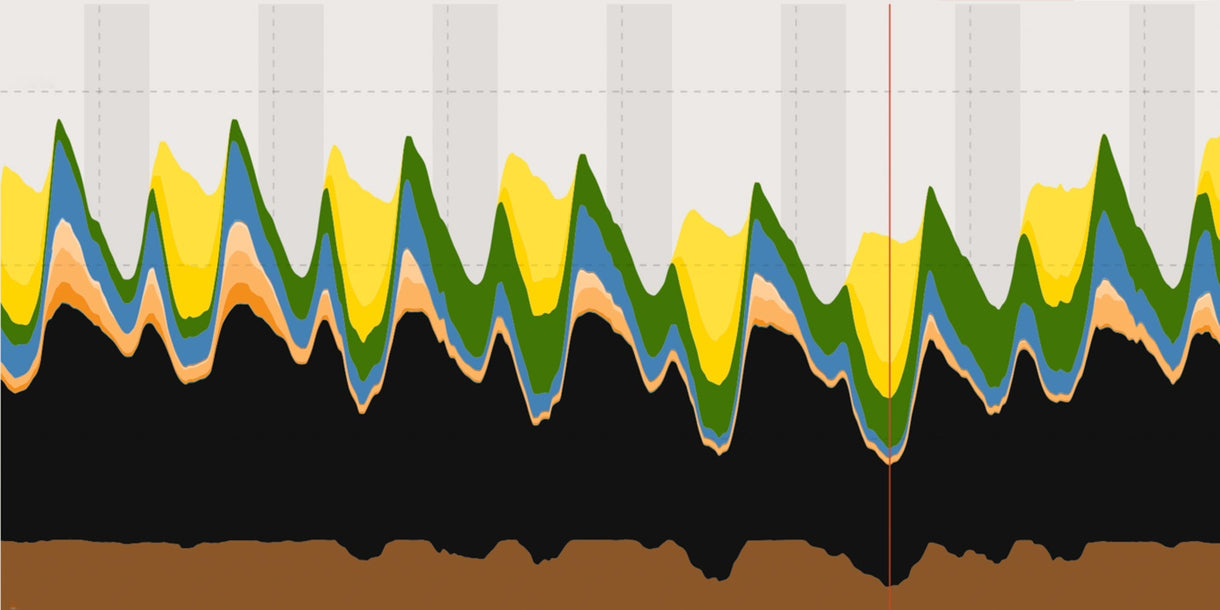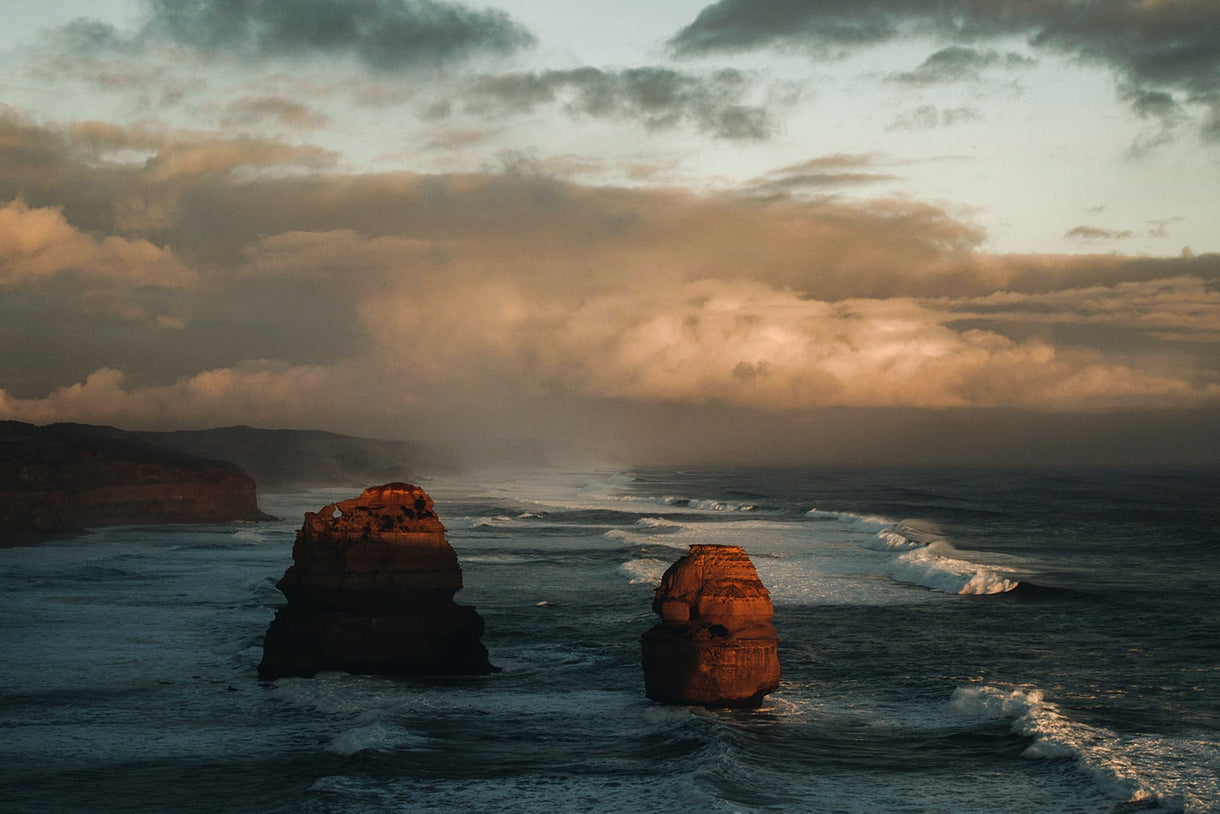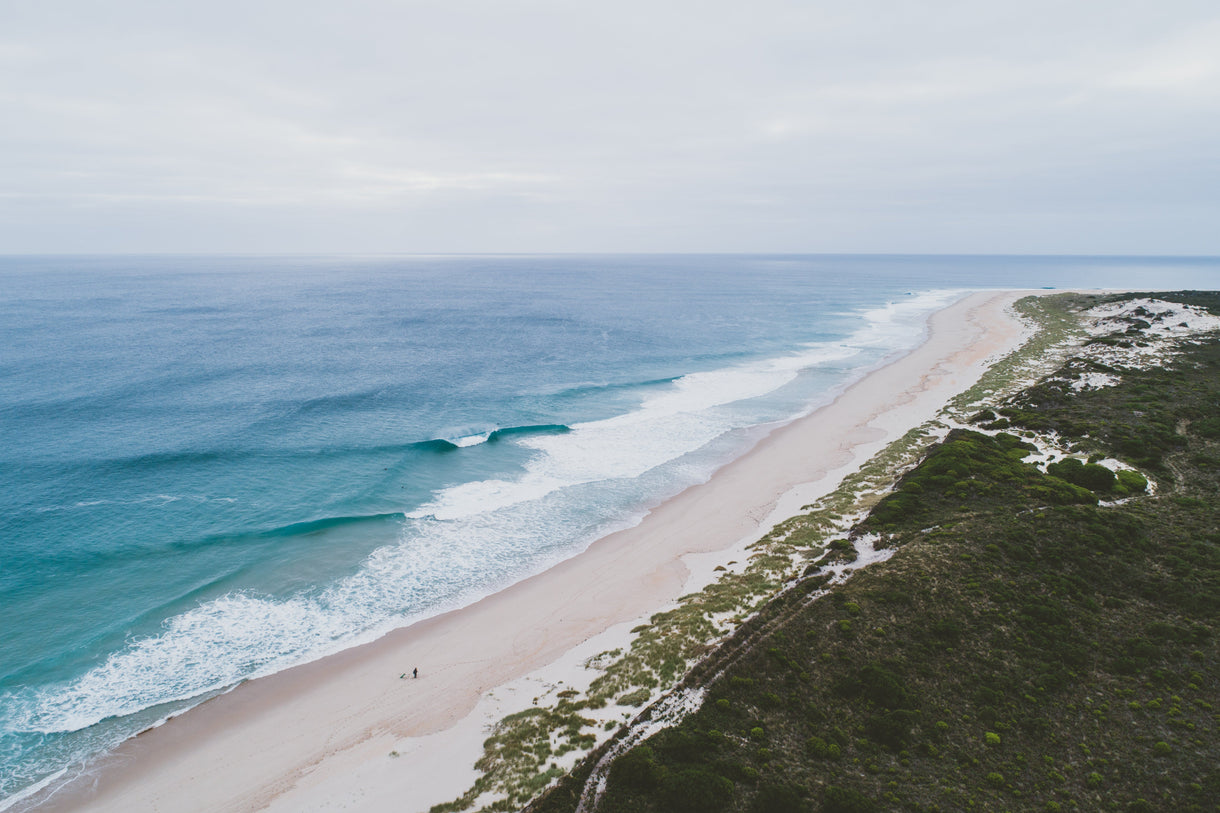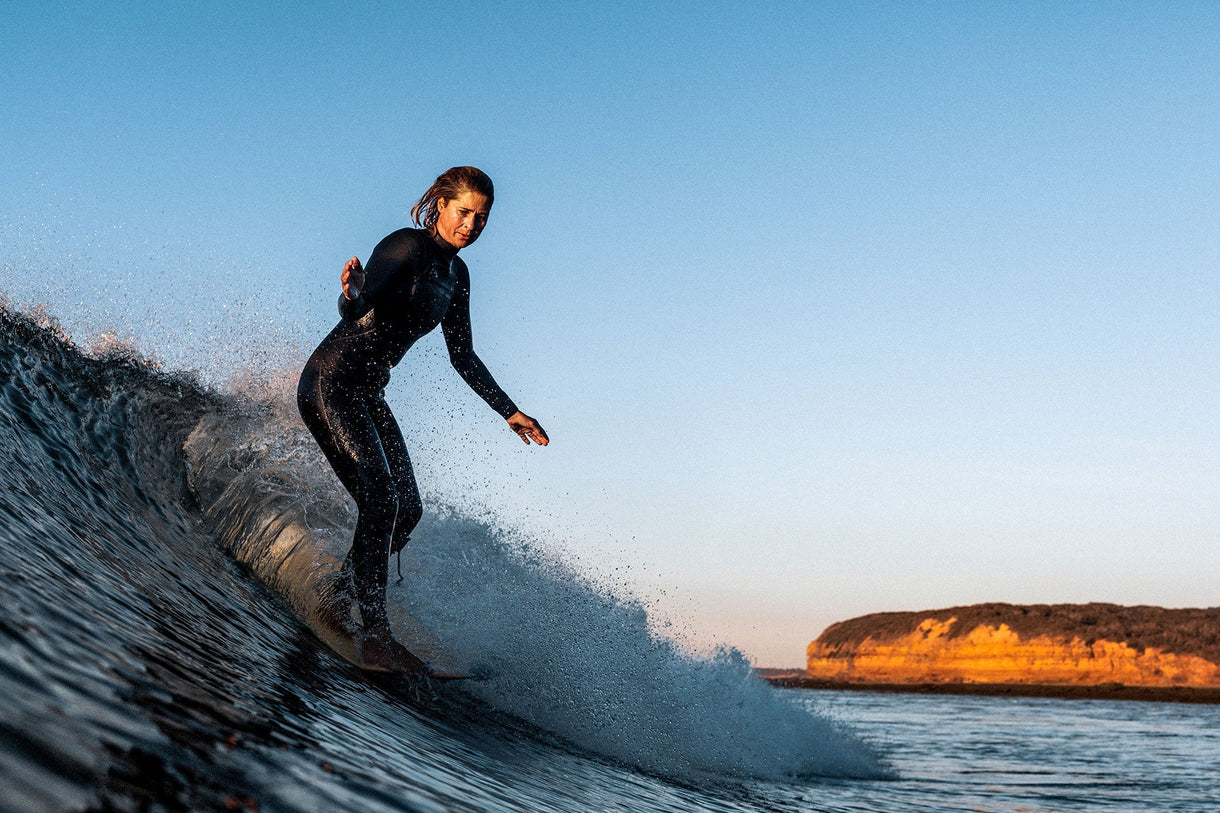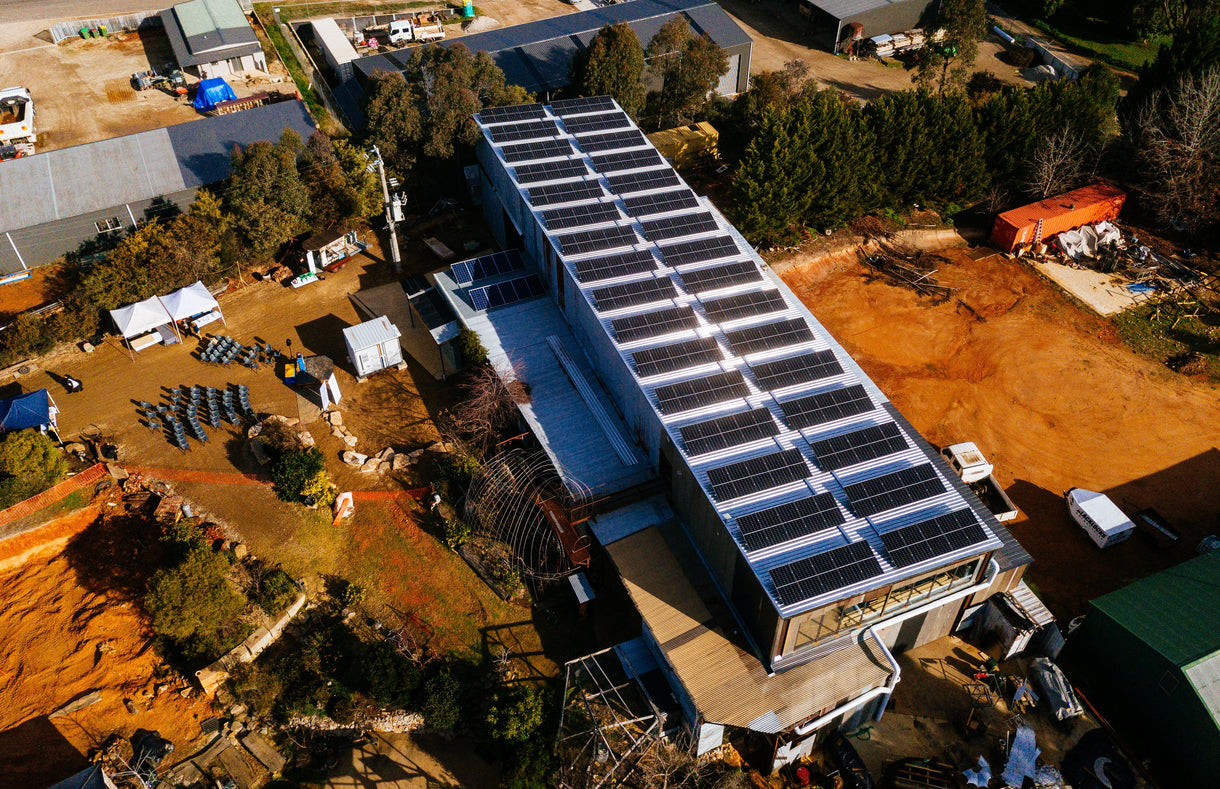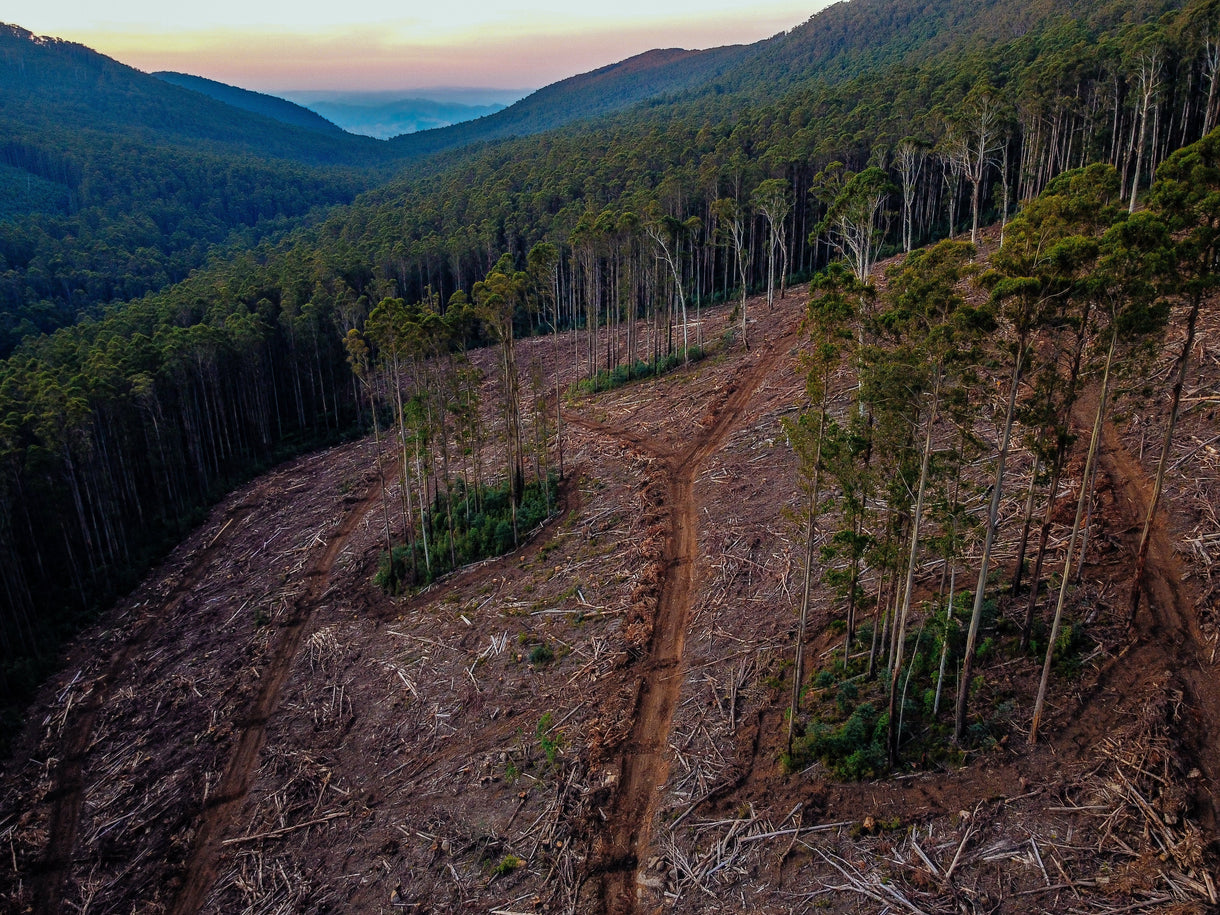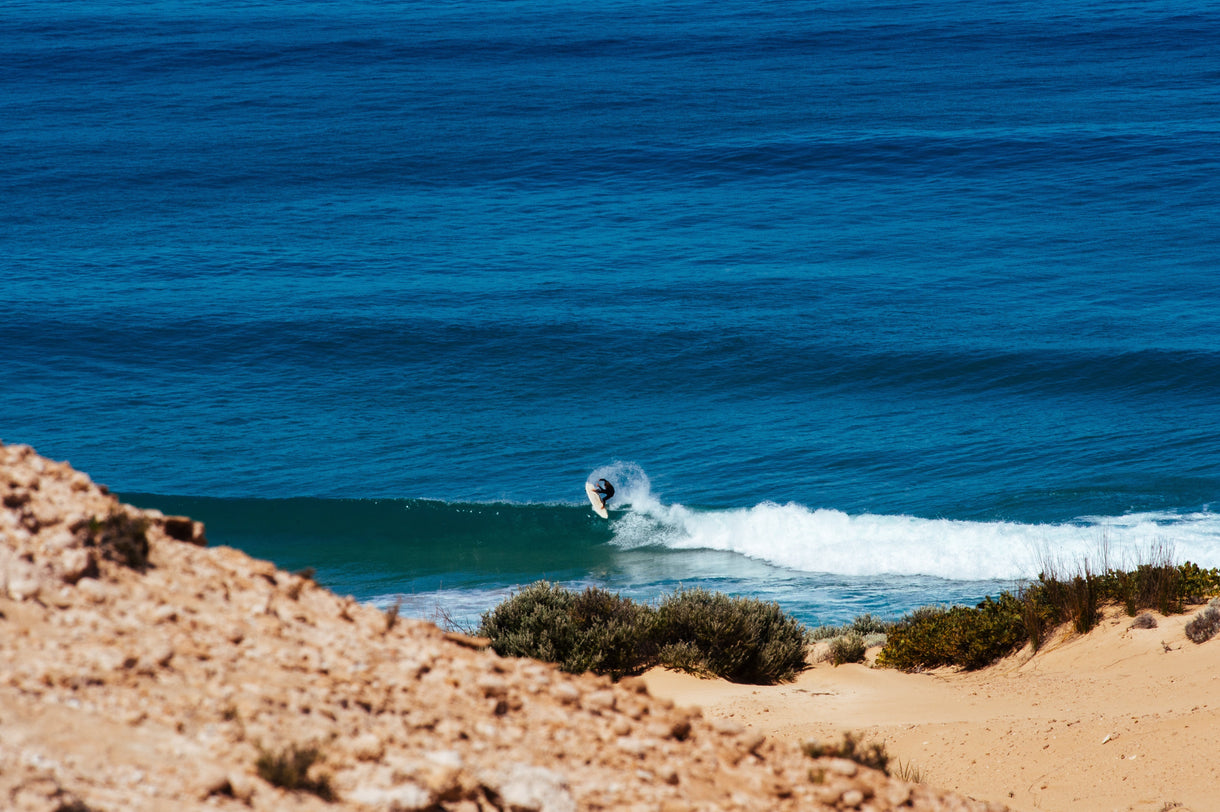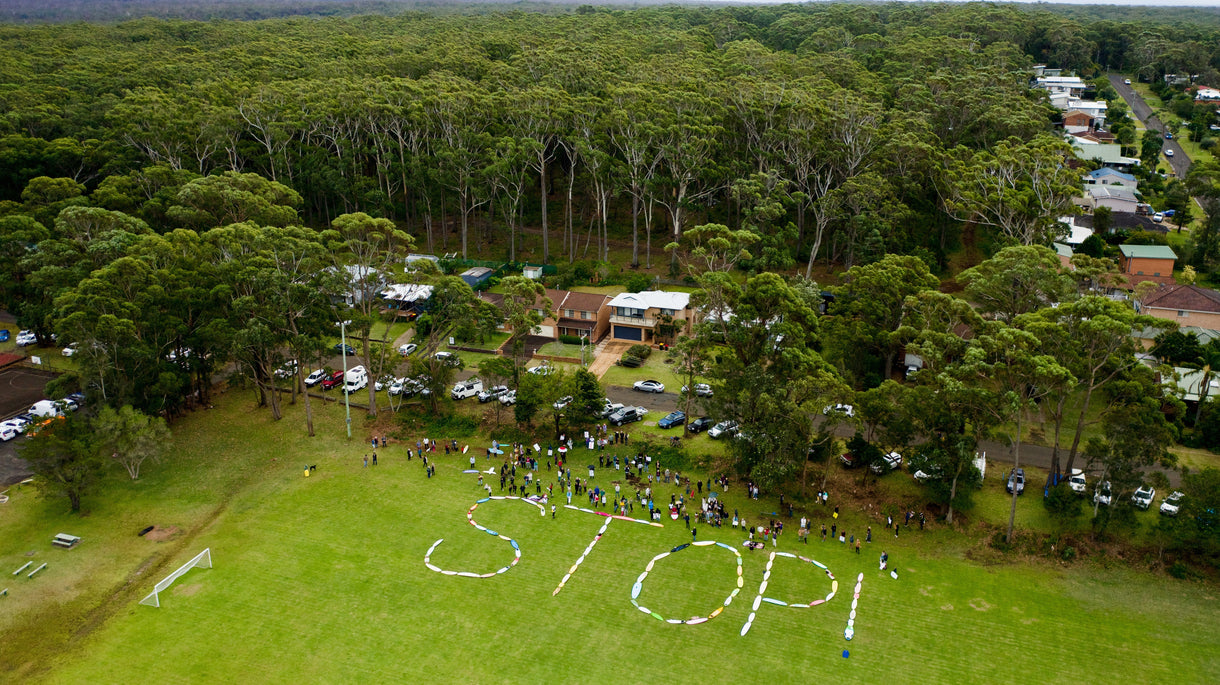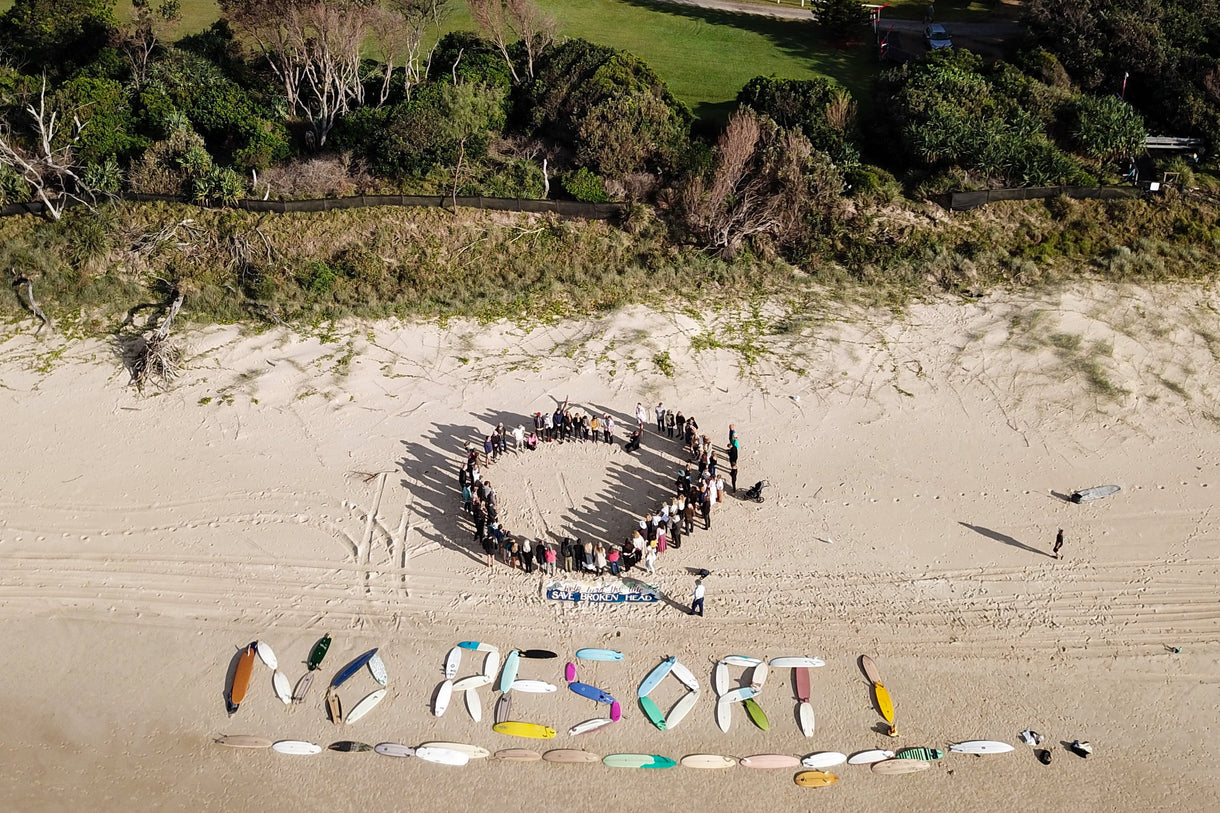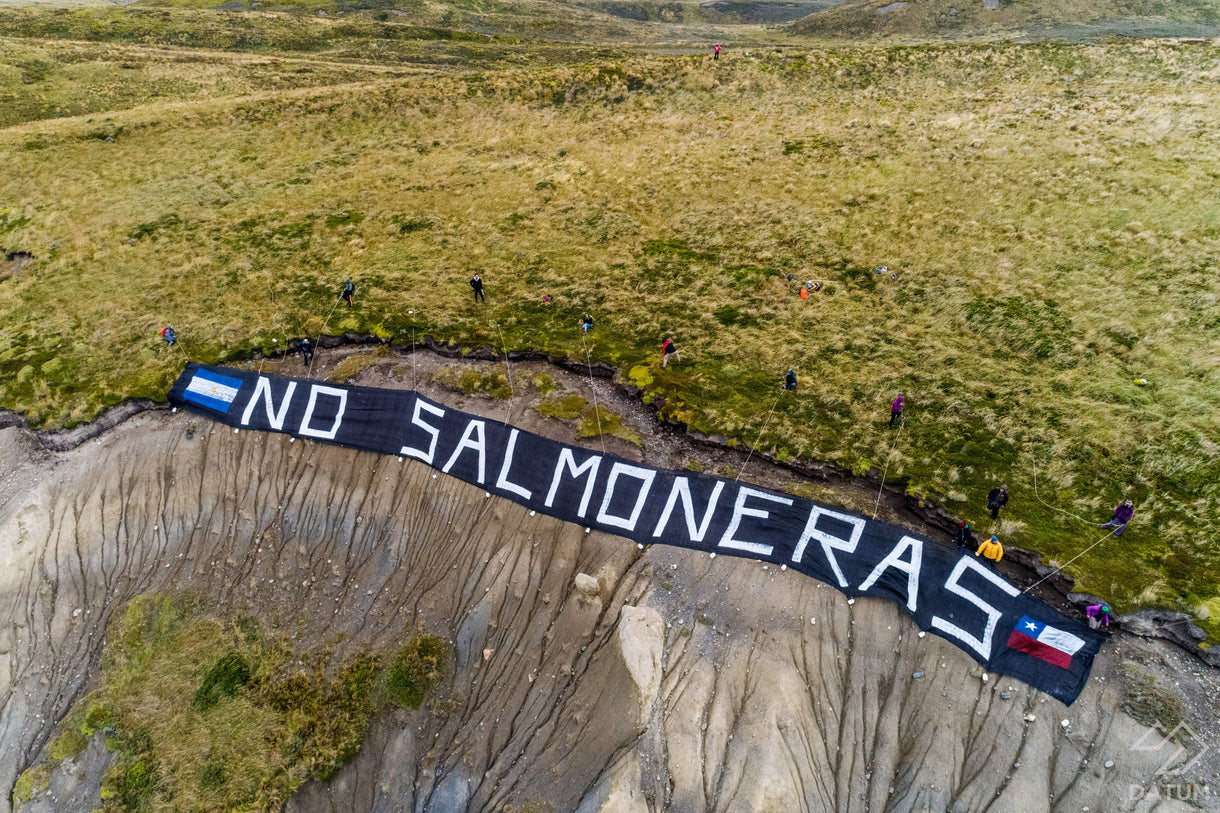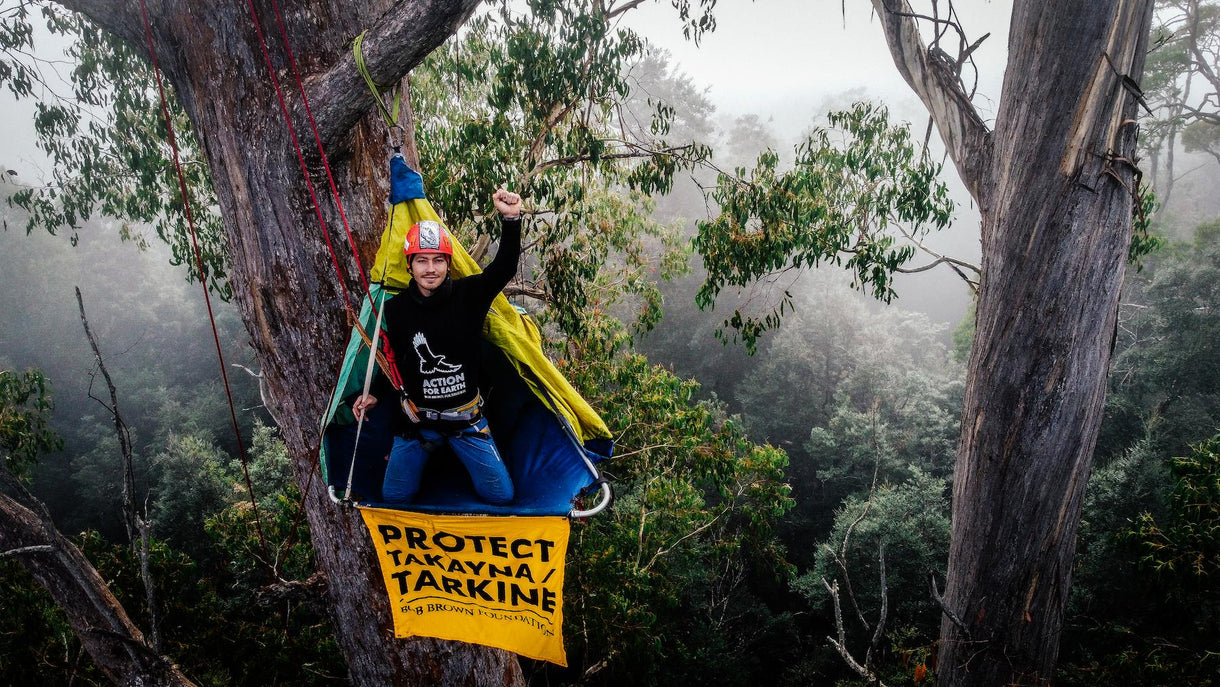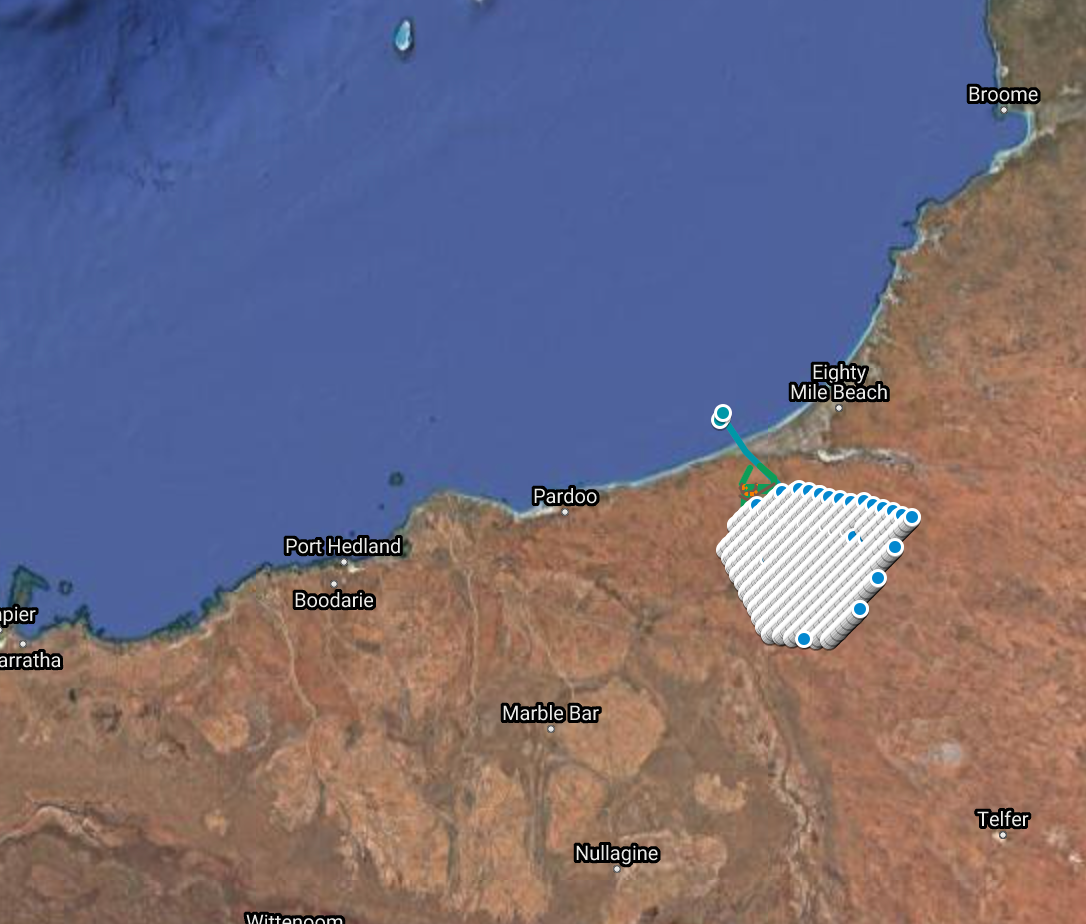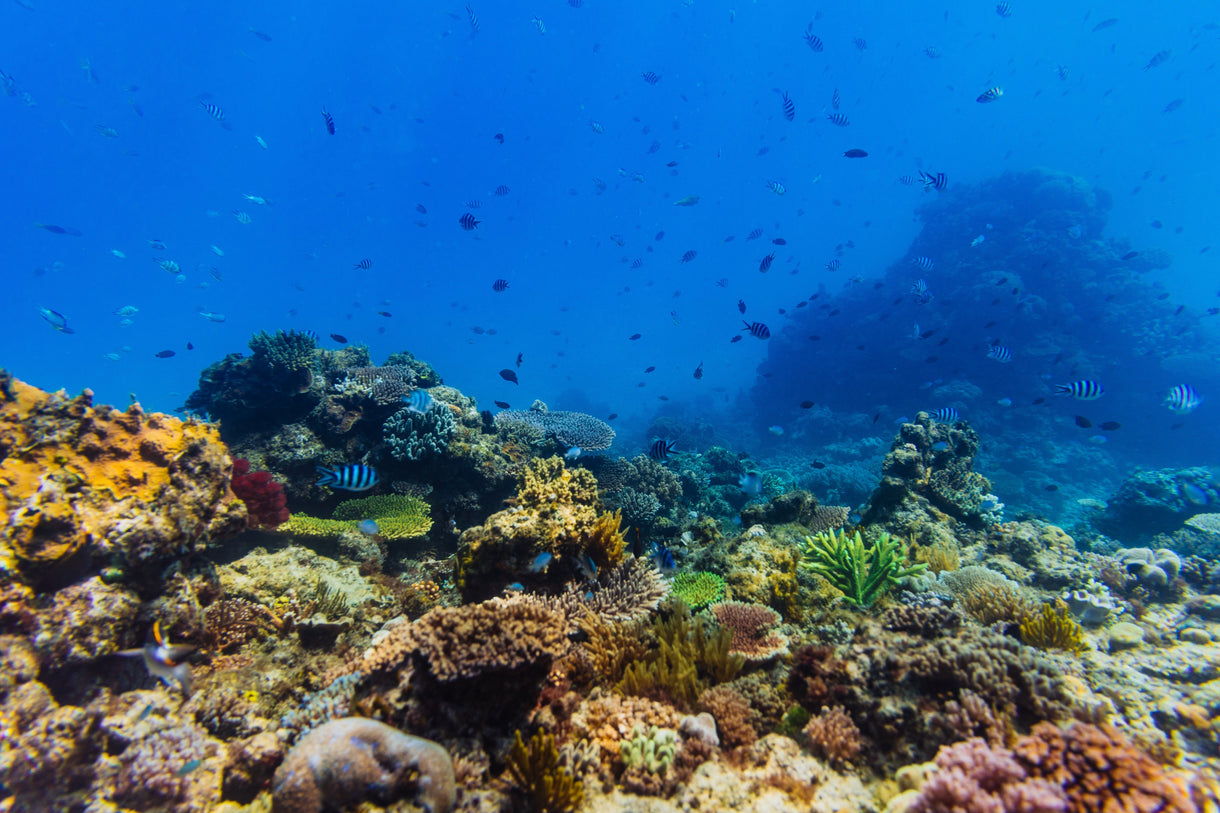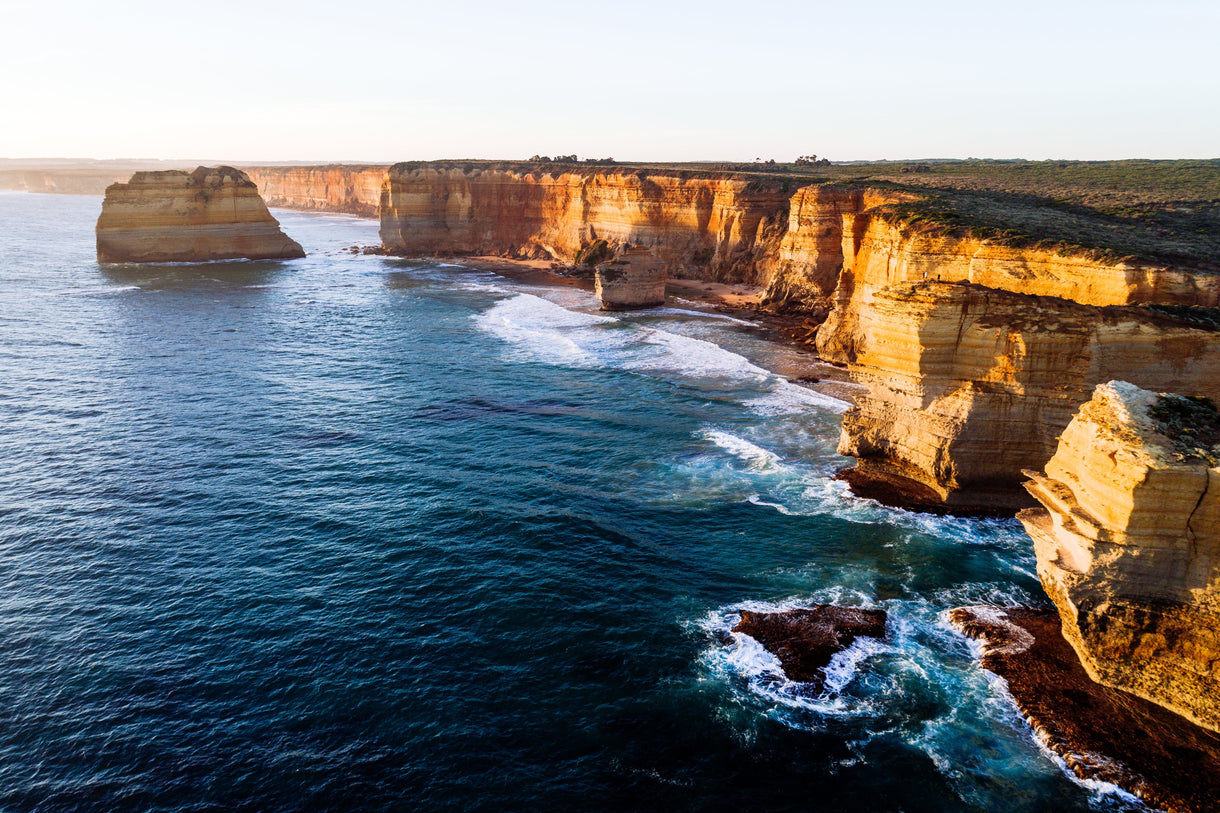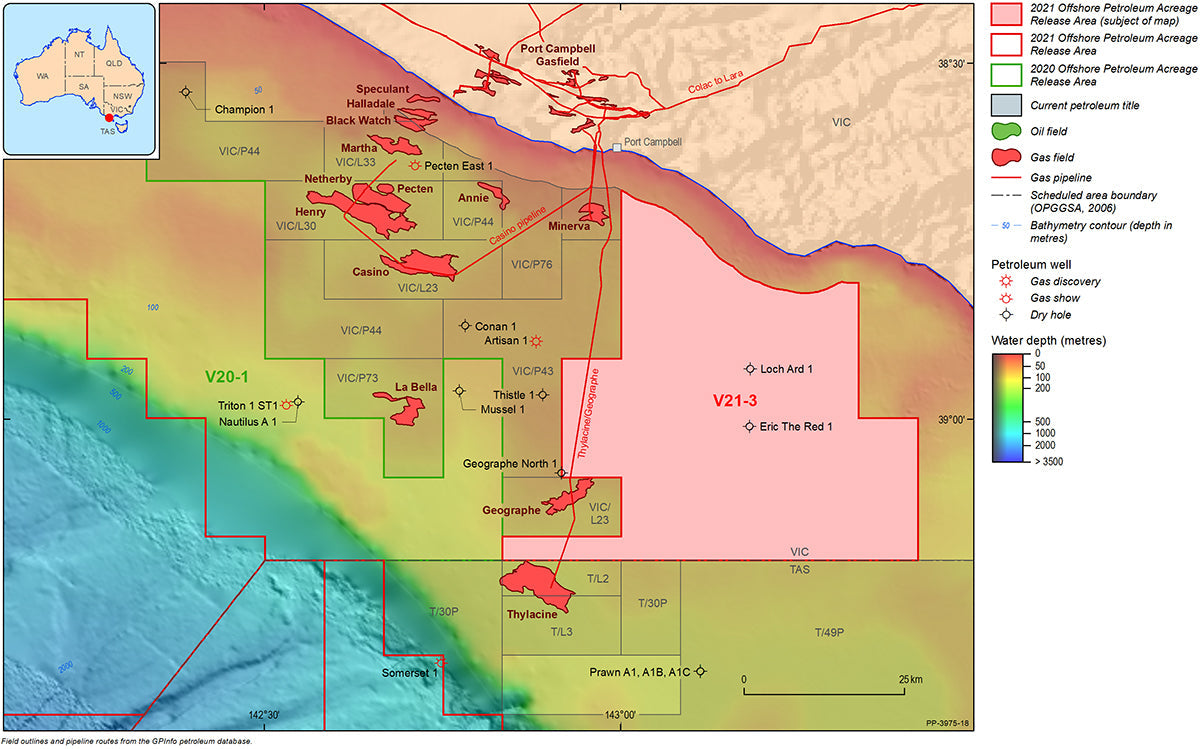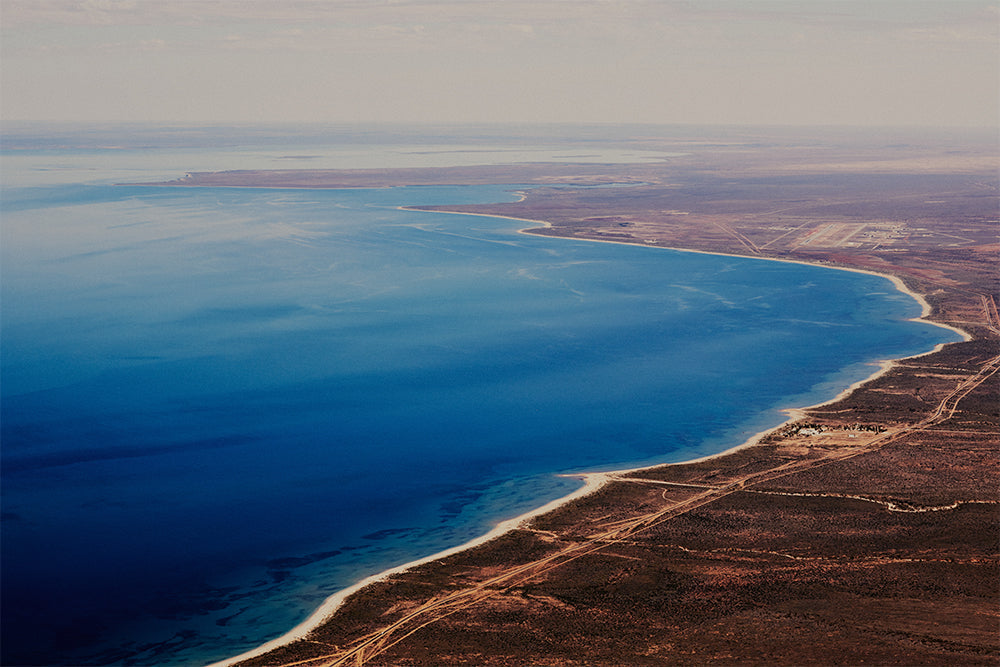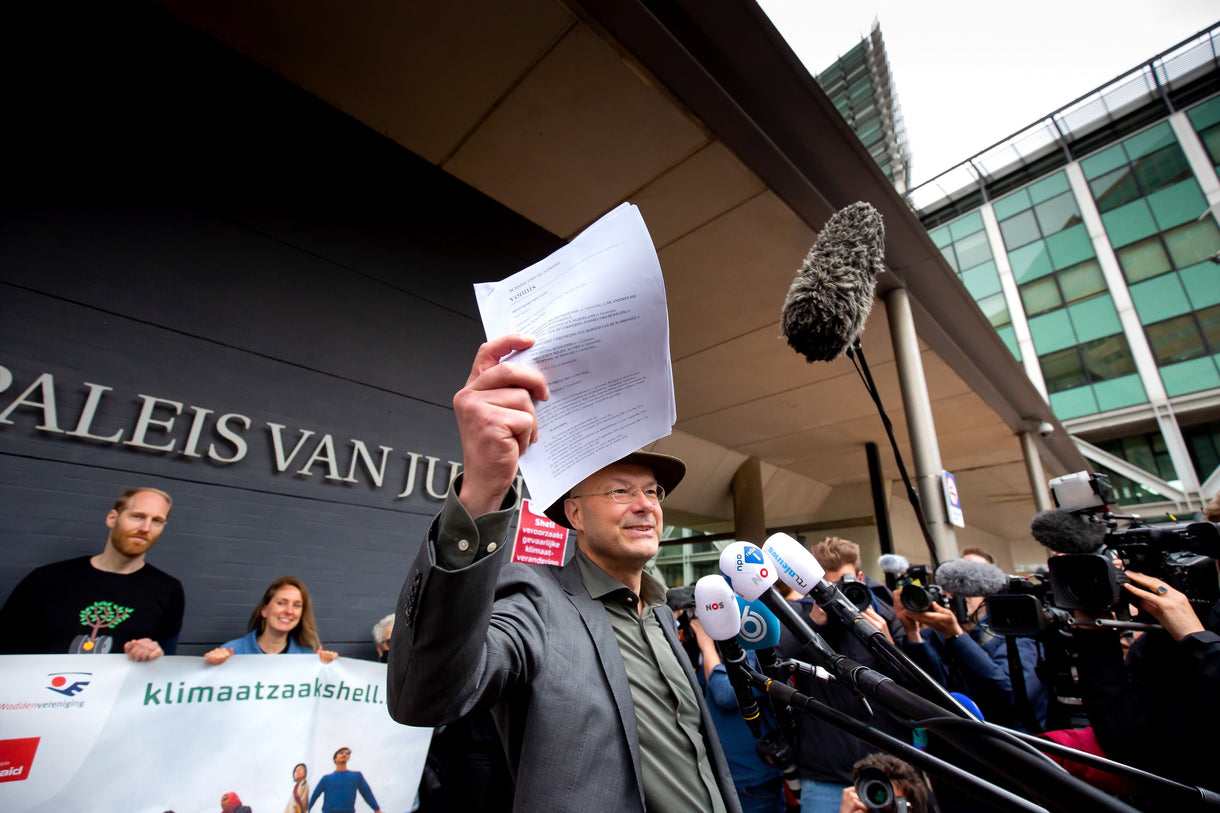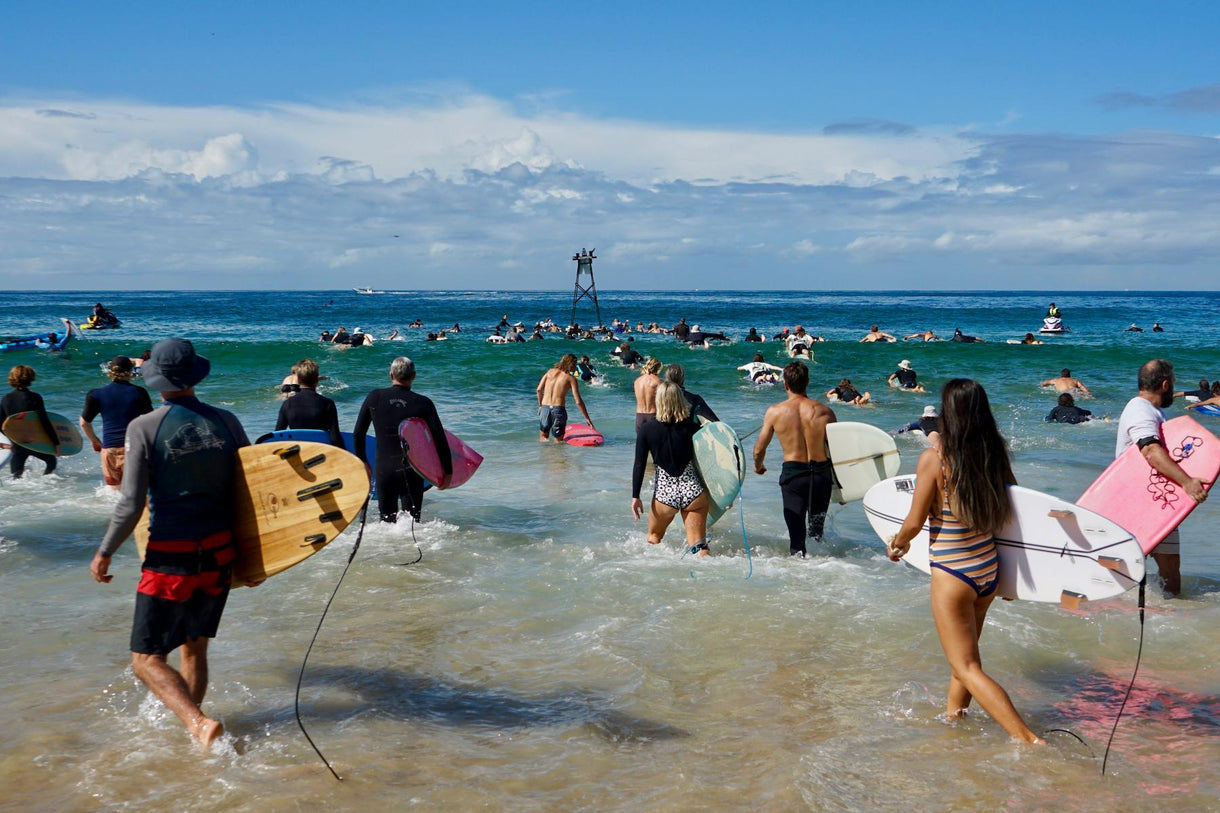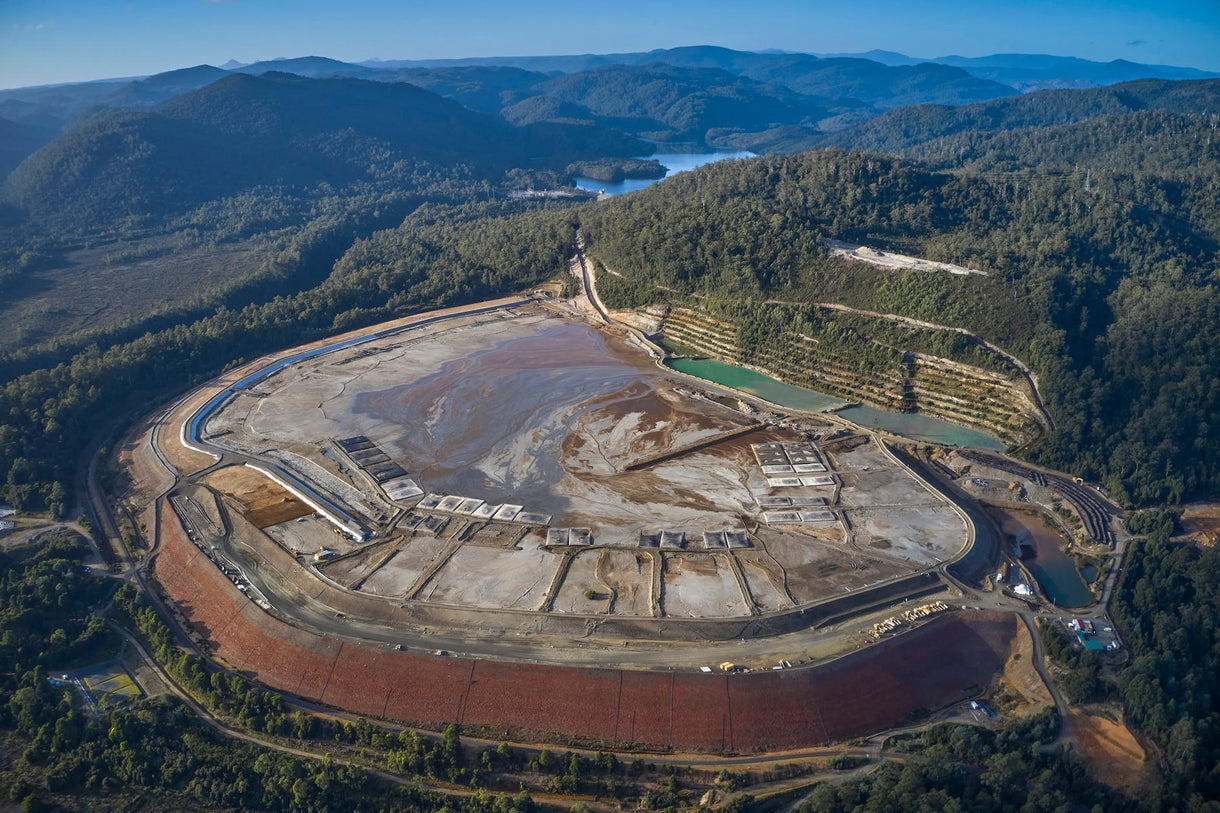Gutwein's got mail.
Outdoor groups and tourism operators are rallying for native forests threatened by logging in Tasmania's north-east.
More than 165 organisations, from the local to the global, have co-signed an open letter to the Premier, along with his Minister for Tourism and Minister for Climate Change. It urges that the government protect native forests and act on climate change to safeguard the “nature-based tourism sector and Brand Tasmania”.
The most imminent threat is a plan to log in two Krushka’s and Atlas forests in the area of the world-renowned Blue Derby Mountain Bike Trails, 100-kilometres north-east of Launceston. A Mecca for shreaders and families alike, these trails pass through protected Crown land reserve but also areas in which Sustainable Timbers Tasmania have been permitted to log by the state government.
An alliance, including the likes of Derby Mountain Bike Shop, Derwent Valley Tasmania Tourism, Patagonia and Spring Bay Mill, refuses to stand idle and watch the wild spaces and livelihoods jeopardised.
Comprising carbon-rich tall wet eucalyptus forests, pure rainforest and lowland dry forests, the forests of the north east and the Blue Tier area is interspersed with heathlands, alpine meadows and glacial refugia vegetation. It’s also home to rare species, including Simpson’s stag beetle, north-east forest snail, genetically distinct myrtle trees (nothfagus cunninghamii) and mountain ash (eucalyptus regnans), which are found only in the north-east of Tasmania.
"Ending logging in high conservation forests is a no-brainer"
Blue Derby Wild coordinator and local rider Louise Morris has been overwhelmed by support from the outdoor and business communities, who she explains, not only see the opportunity in preserving Tassie’s nature-based tourism sector, but understand the critical role these areas play in tackling climate change. “The vision for Tasmania is to be carbon-neutral in keeping with the Tasmanian Government Climate Action 21 agenda. Immediate and practical actions including protecting the Blue Tier glacial refugia forests and removing the three Blue Derby Gondwana native forests of Krushka’s (CC105A and CC119A) and Atlas (CC120B) from logging and burning plans will help achieve this,” told Morris.
“I believe Tasmania is nearing a time where we transition from destructive industries and become a leader in sustainability,” added Kenna Reid-Clark, Vice-president of the Tasmanian Wilderness Guides Association. “Ending logging in high conservation forests is a no-brainer, I hope the Gutwein government has the foresight to show real leadership on this matter.”
Carbon stores, vital watersheds, biodiversity havens, tourism drawcards and first-class single track… these forests are worth more standing than logged and burned.
Learn more at Blue Derby Wild, including how to get involved in Krushna's Great Southern BioBlitz on Friday, October 22.
Banner image – Mountain bikers and activists rally to protect native forests in Tasmania's north-east from logging. Photo: Daniel van Duinkerken, courtesy of Blue Derby Wild.


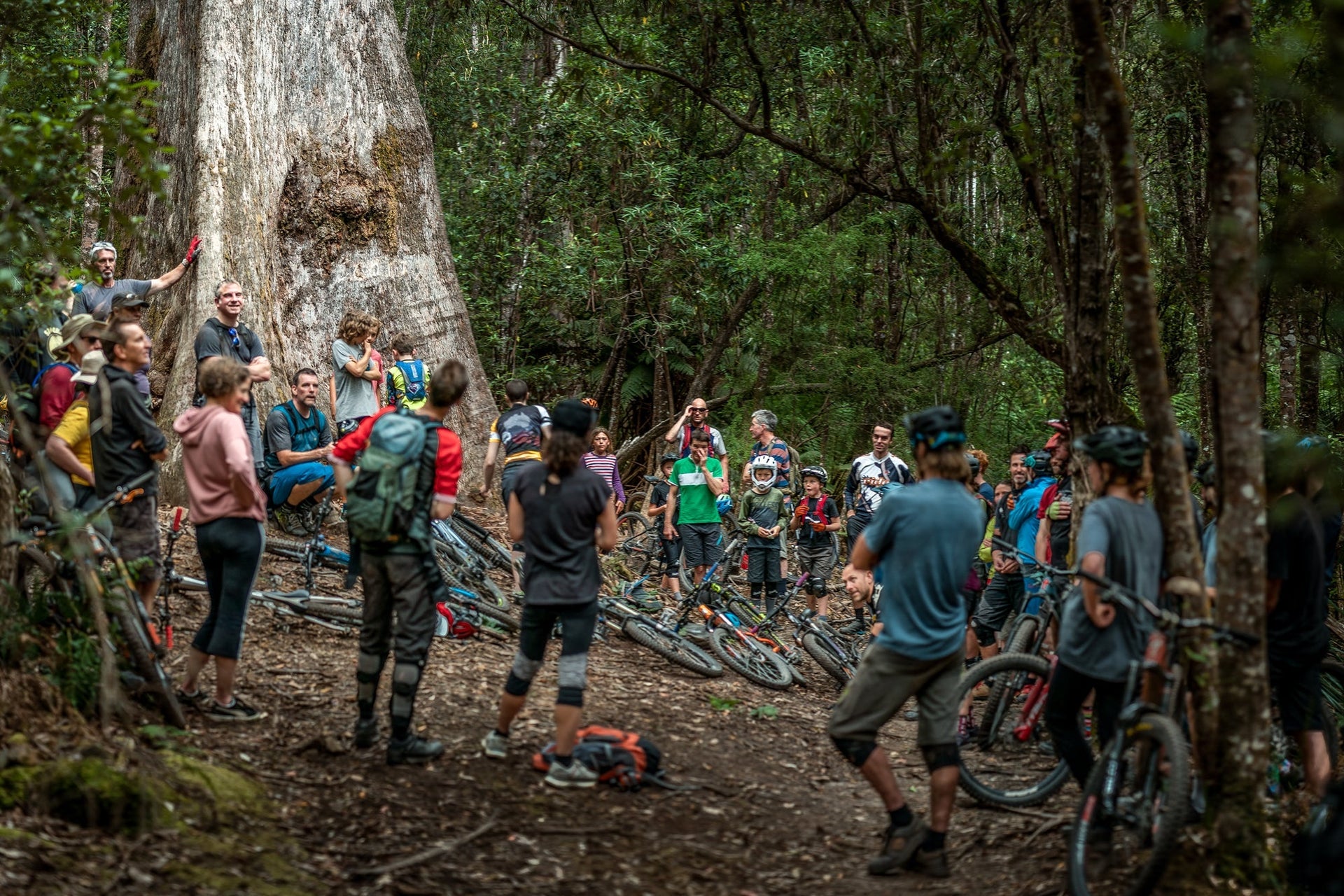
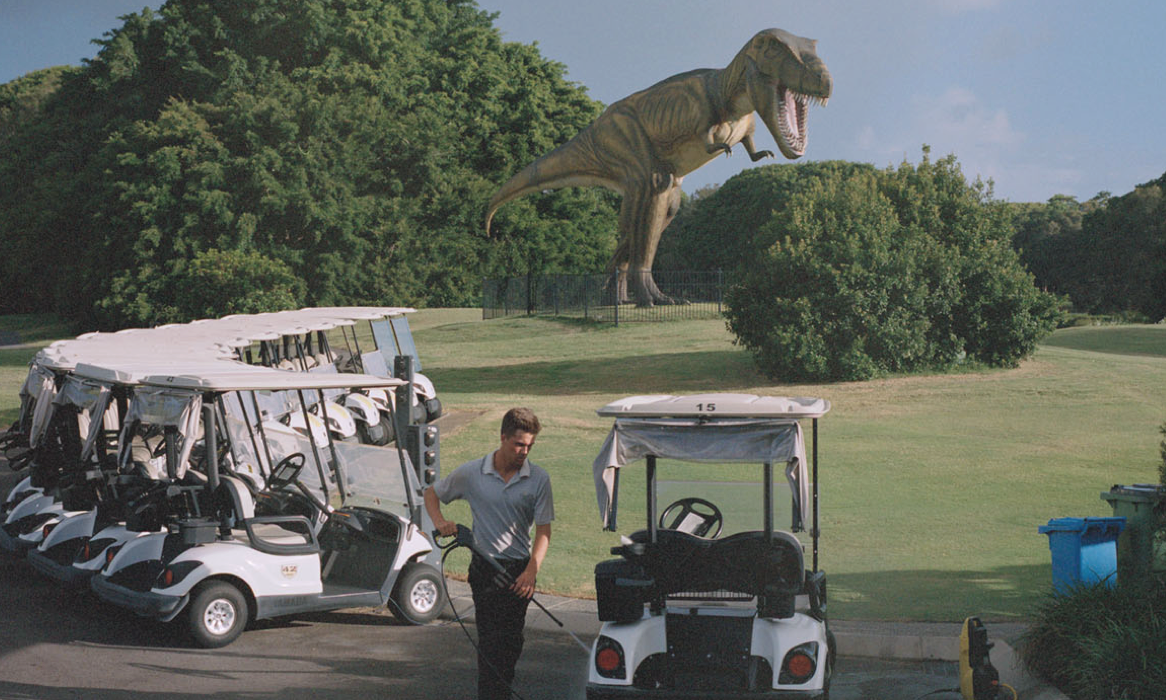
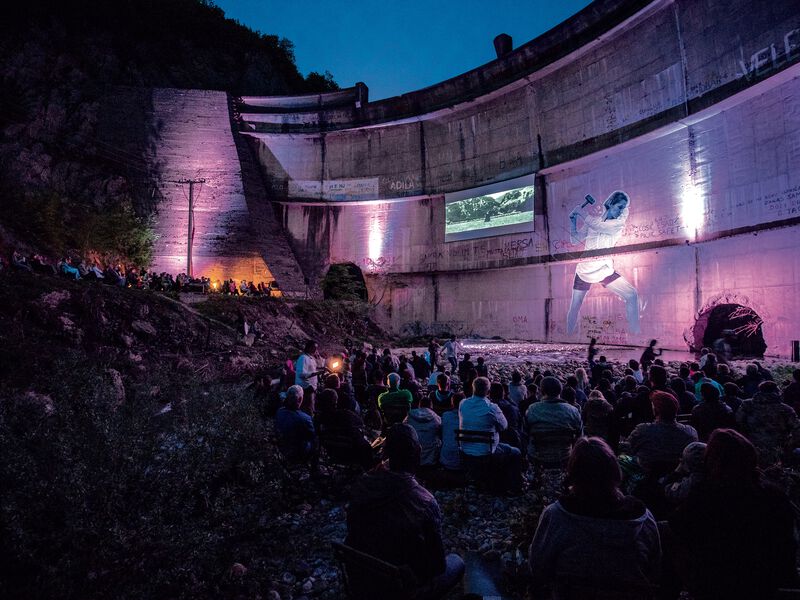
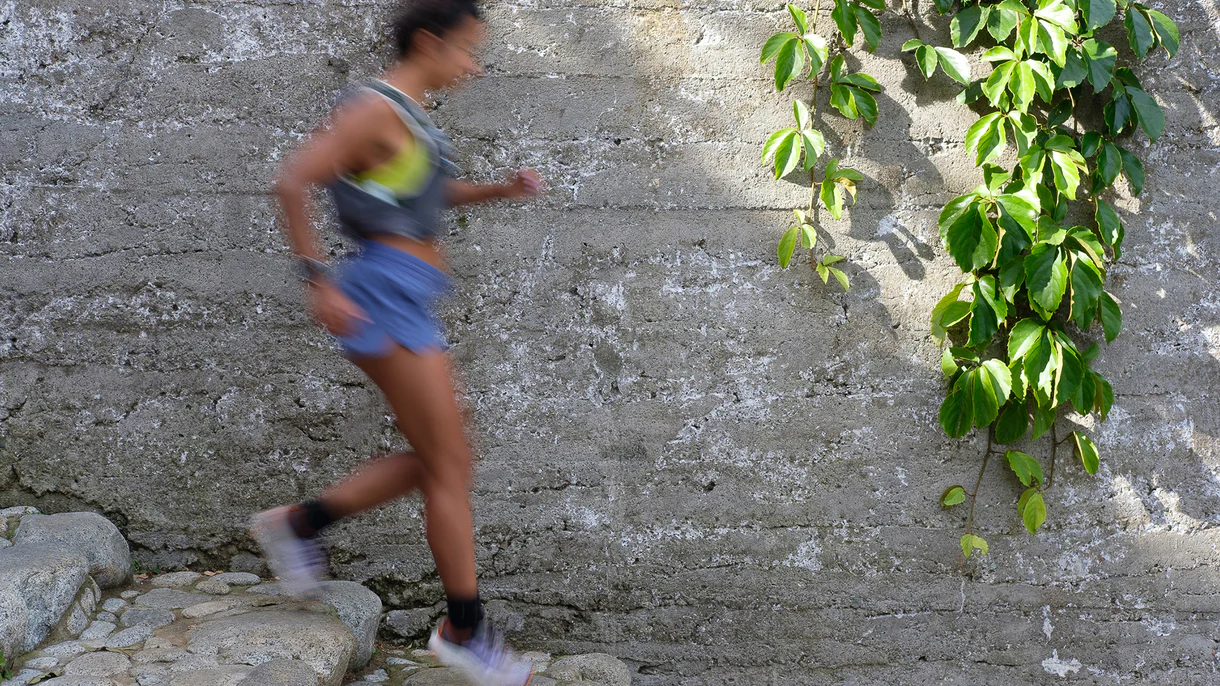
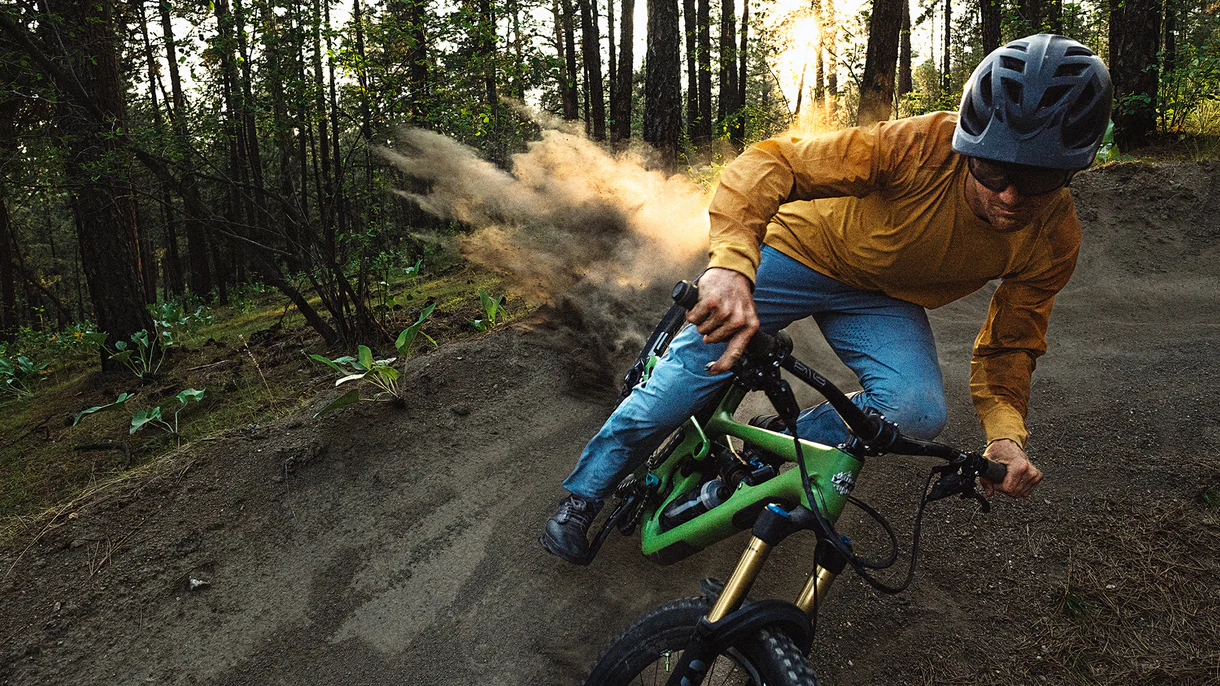
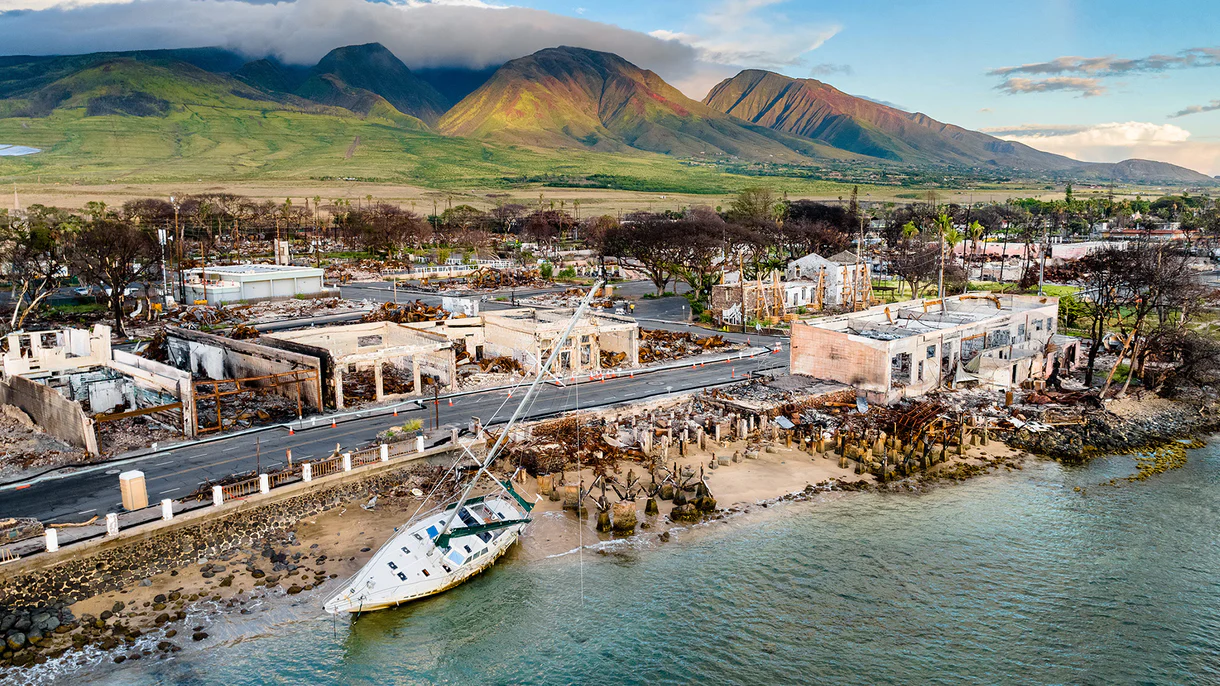

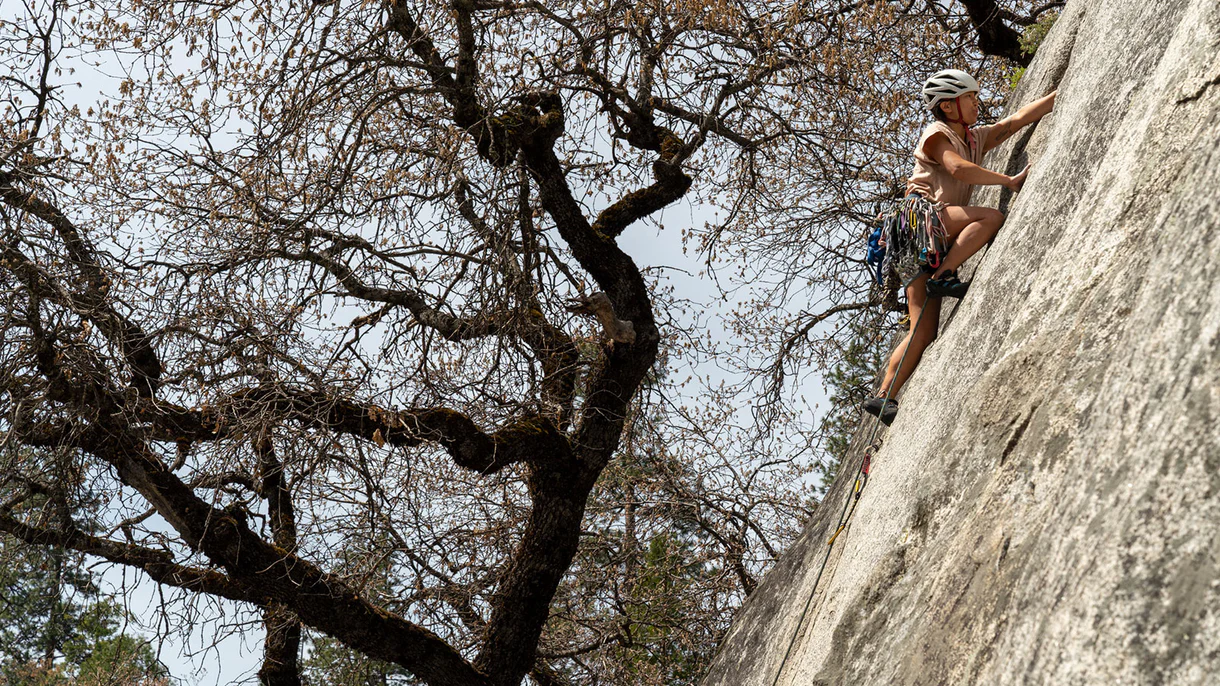
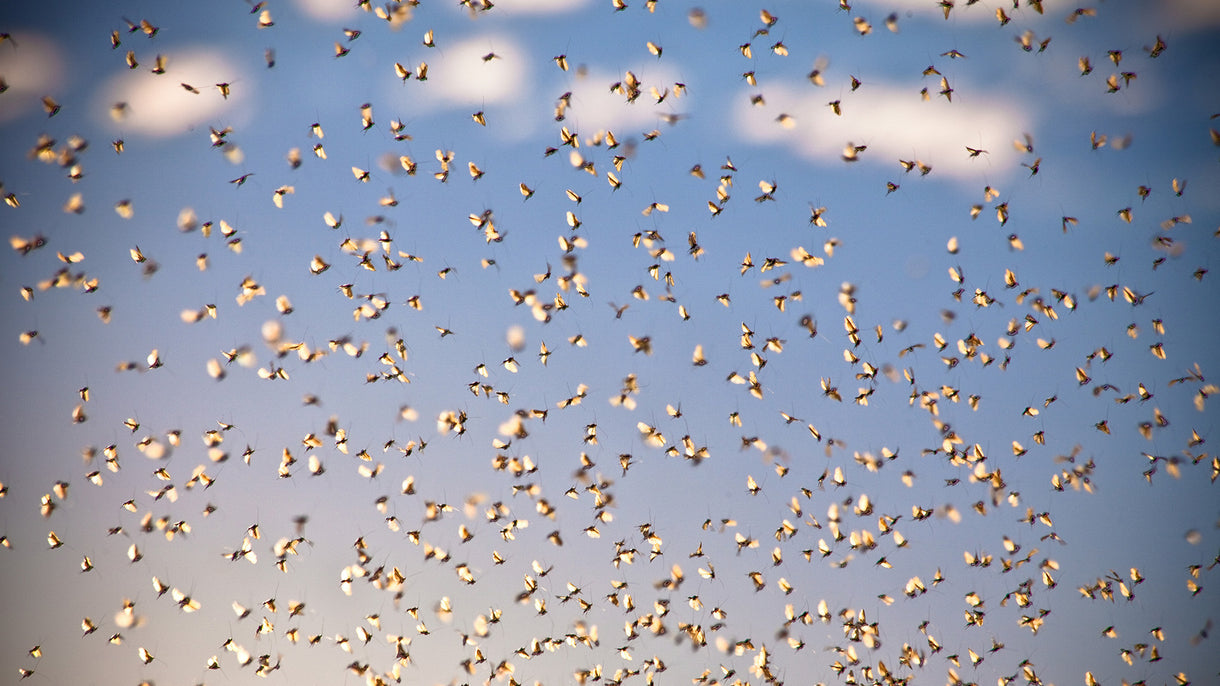
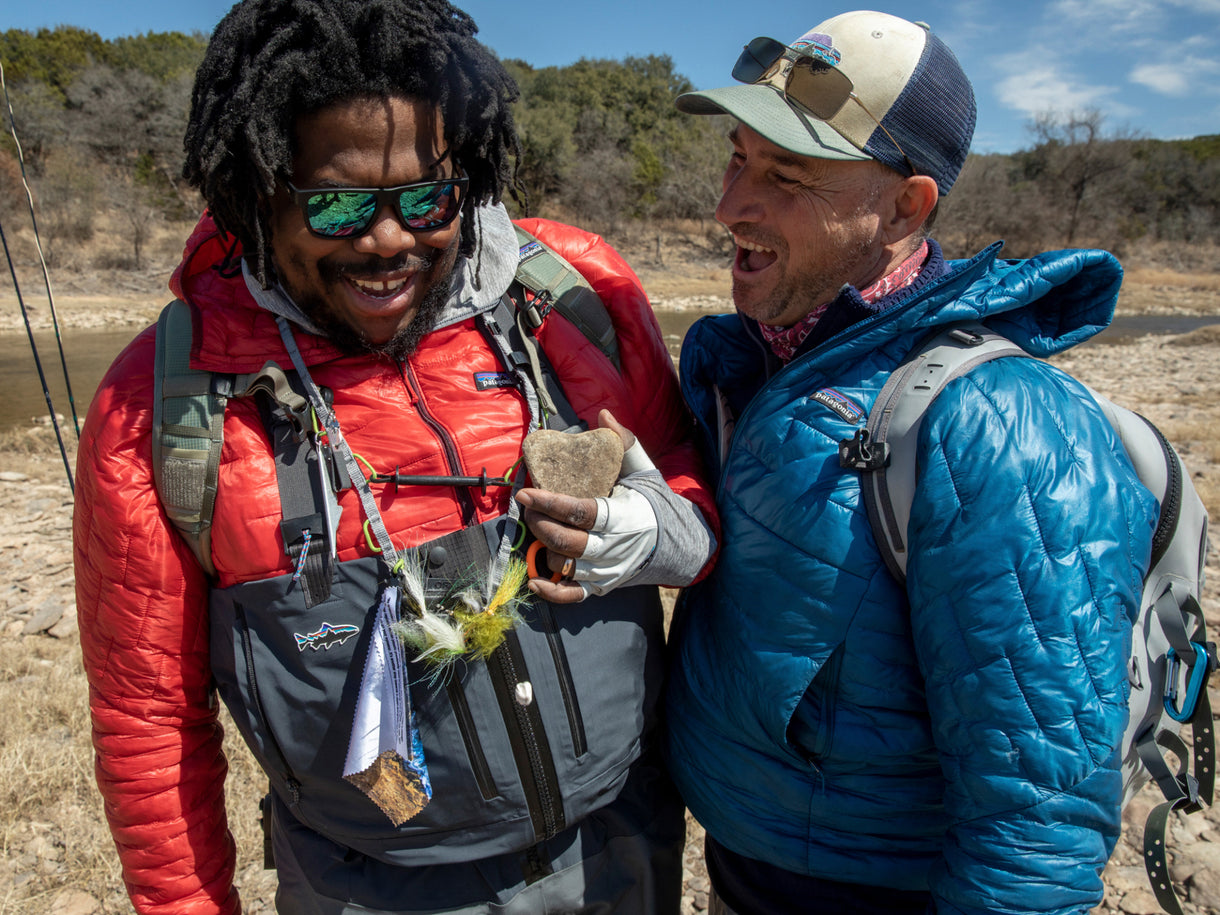
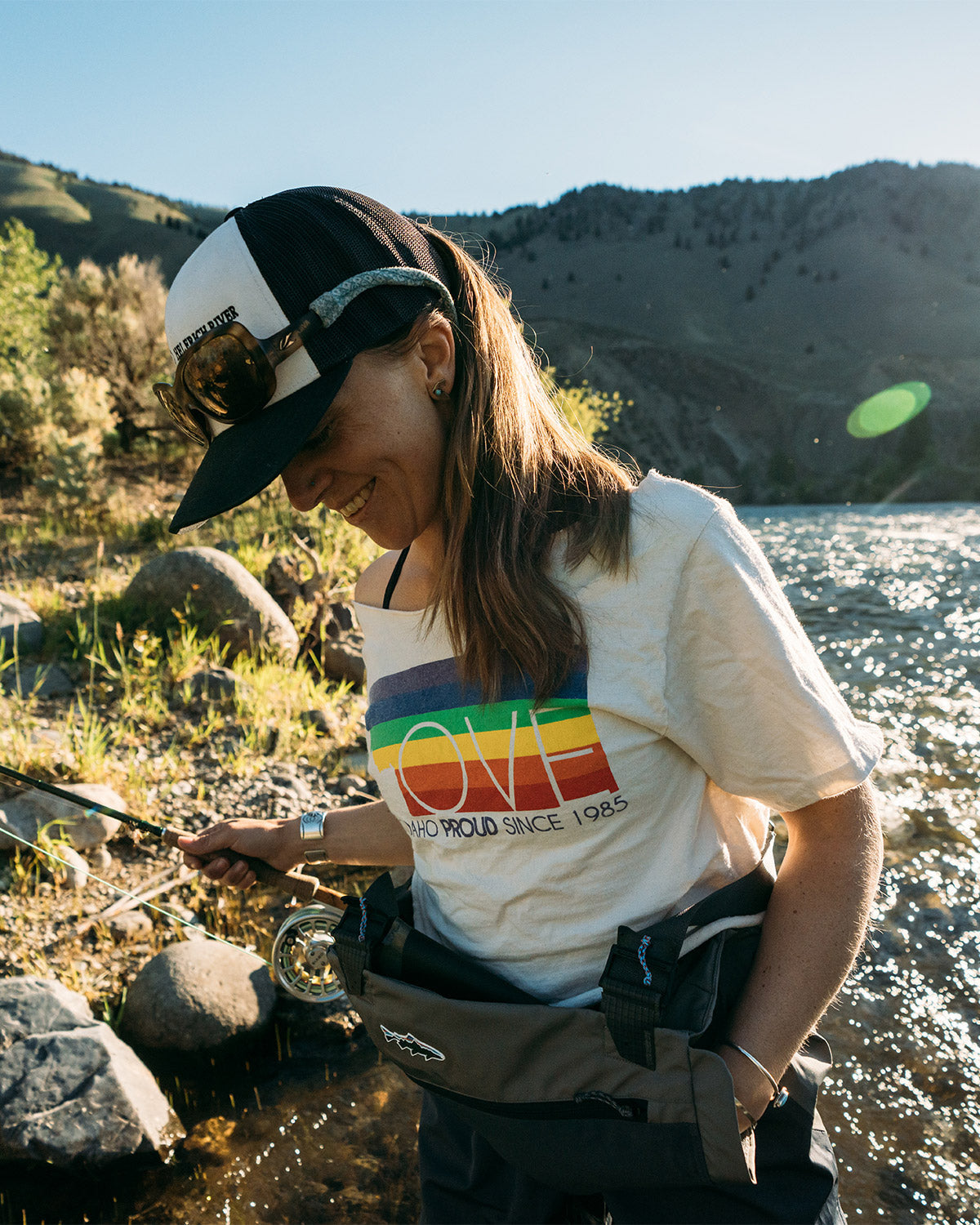
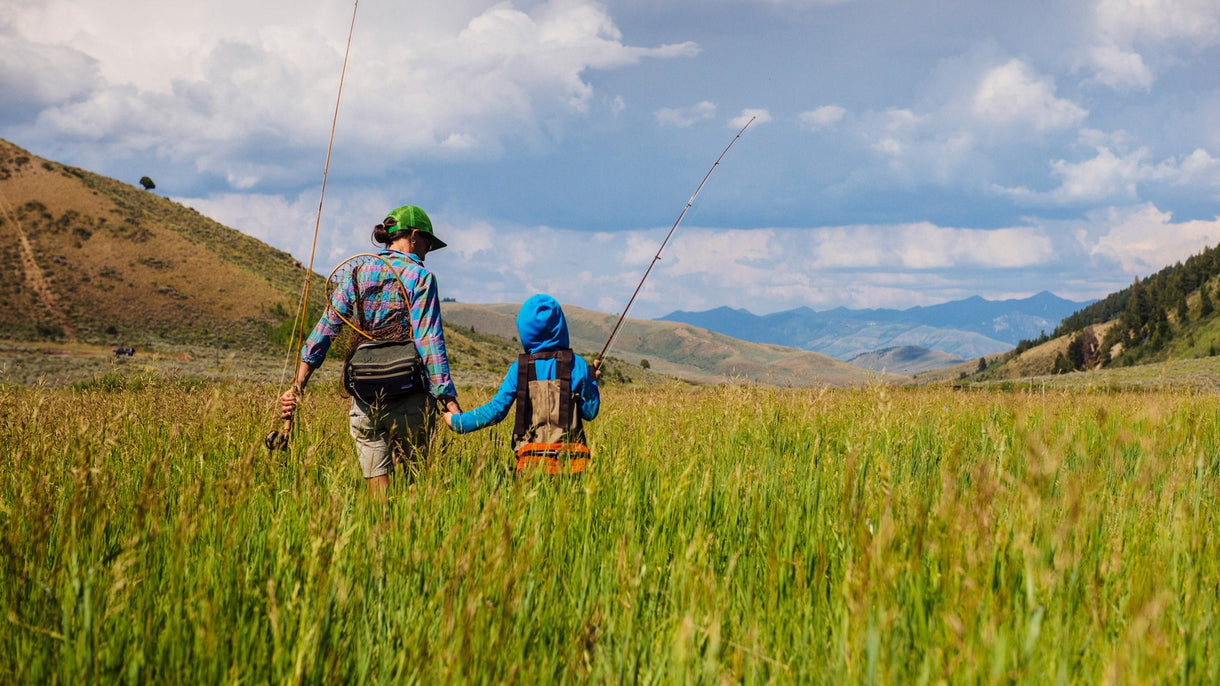
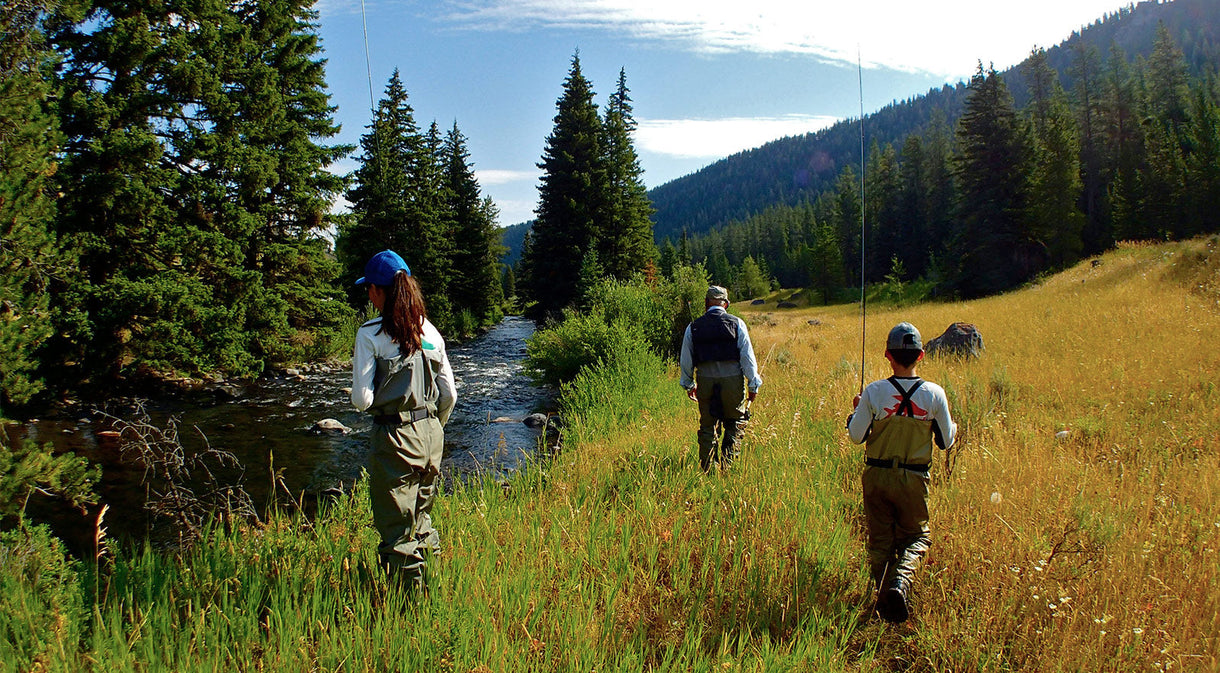
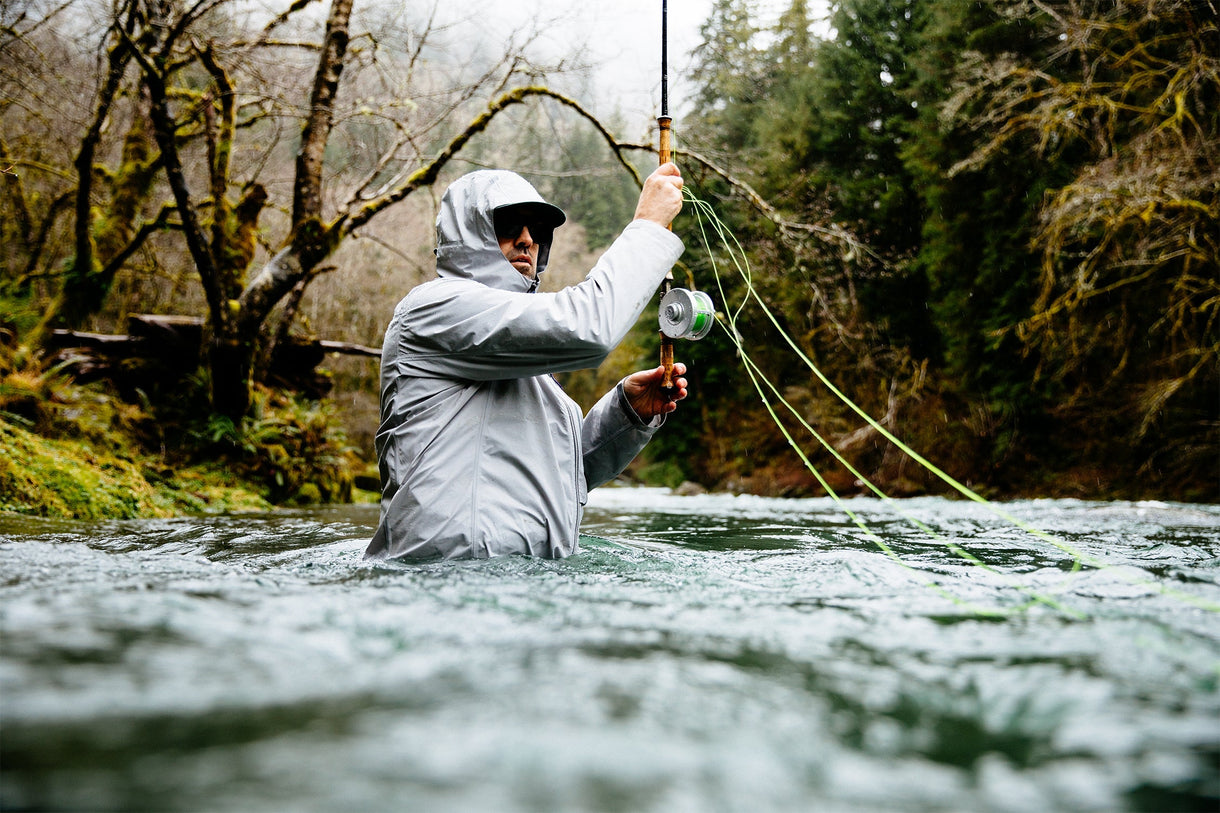






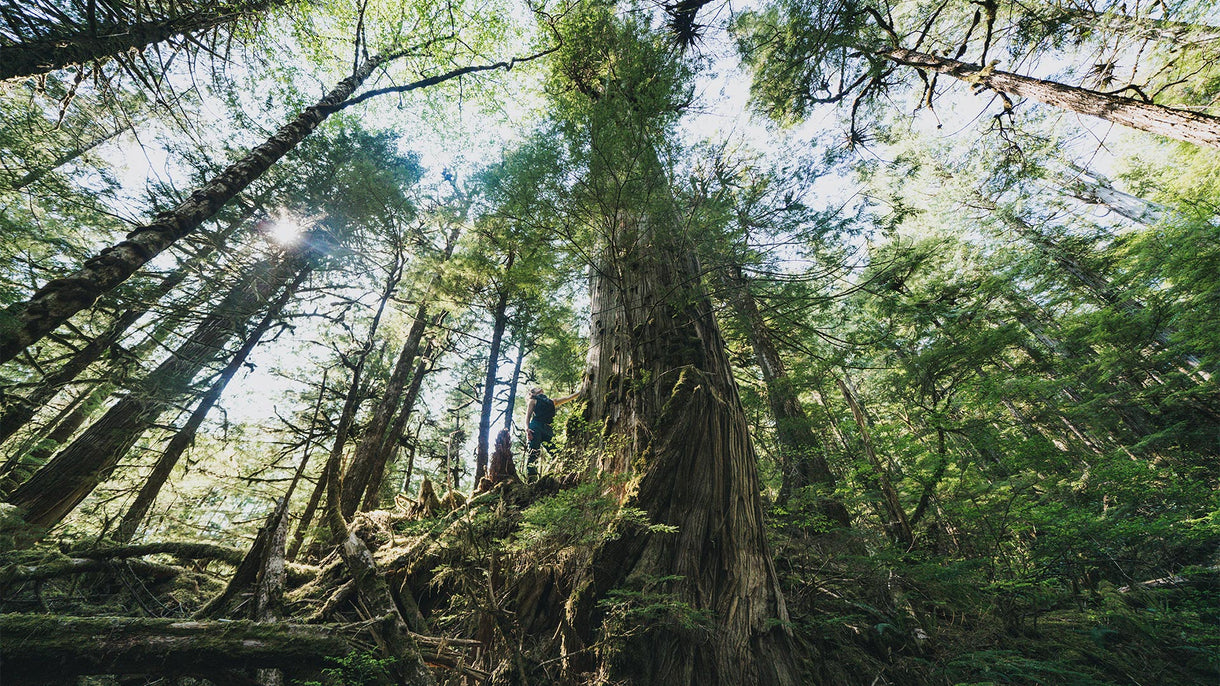
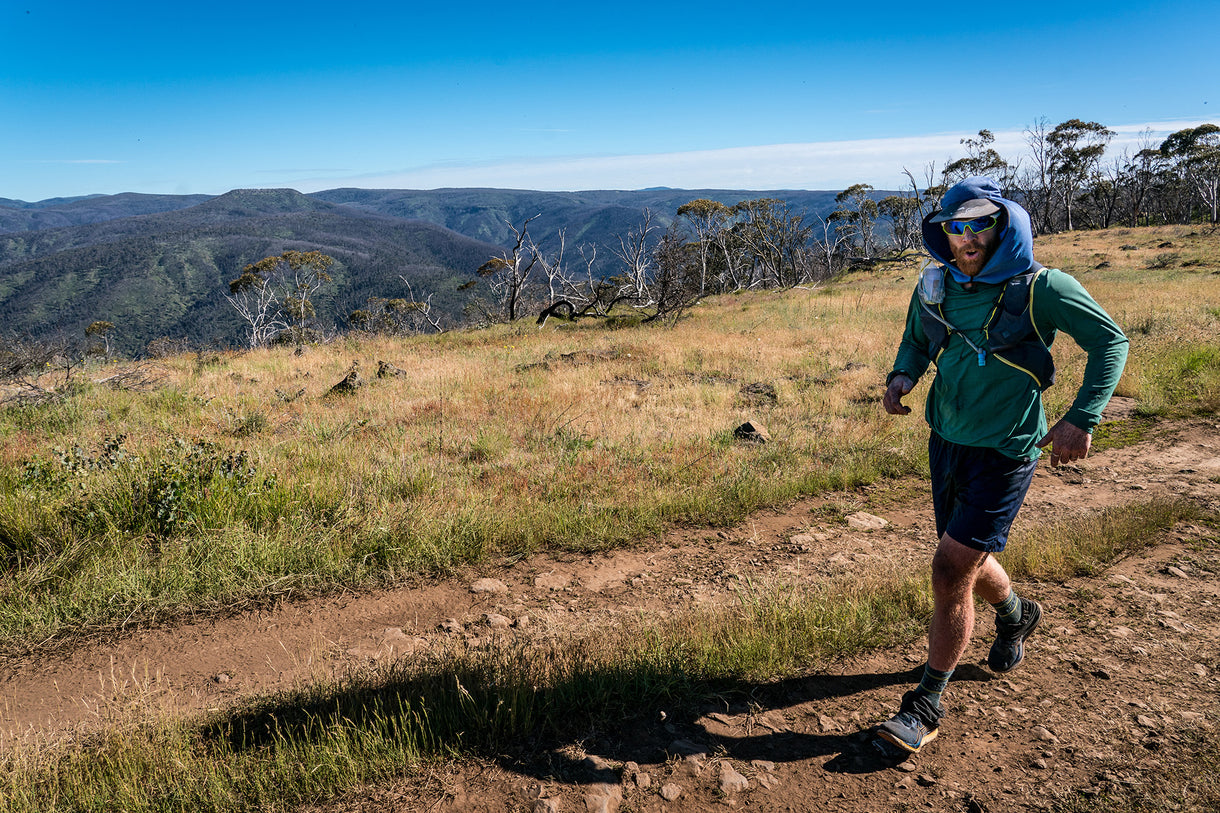
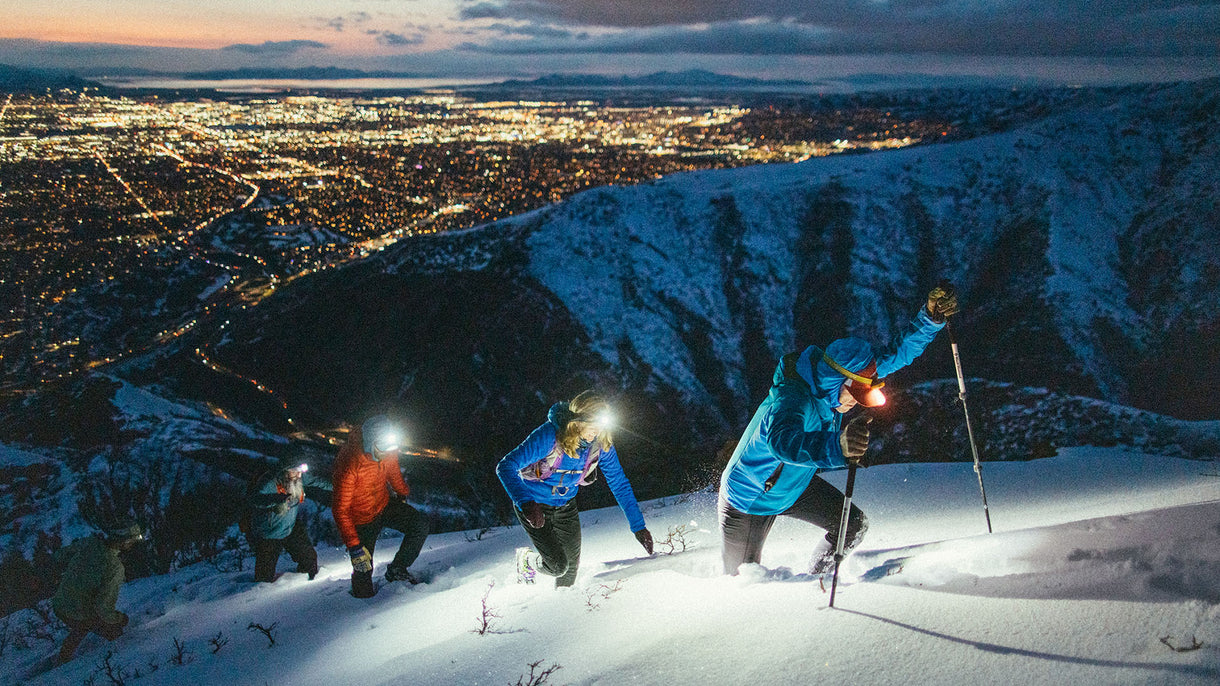
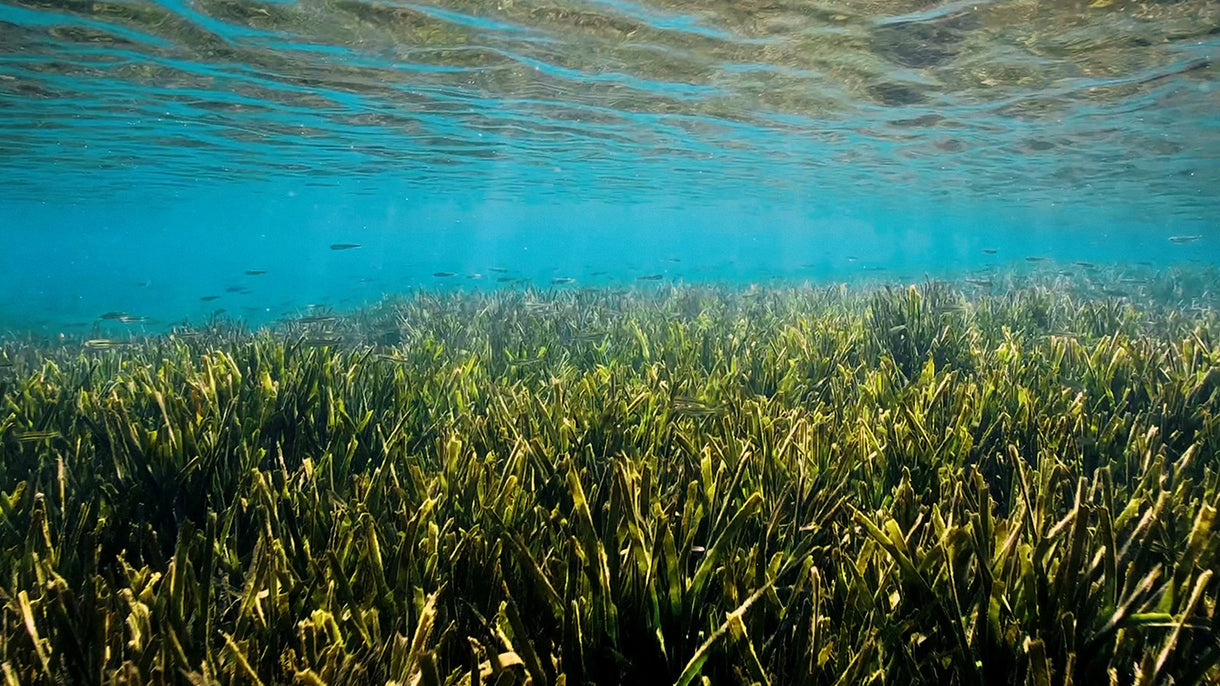
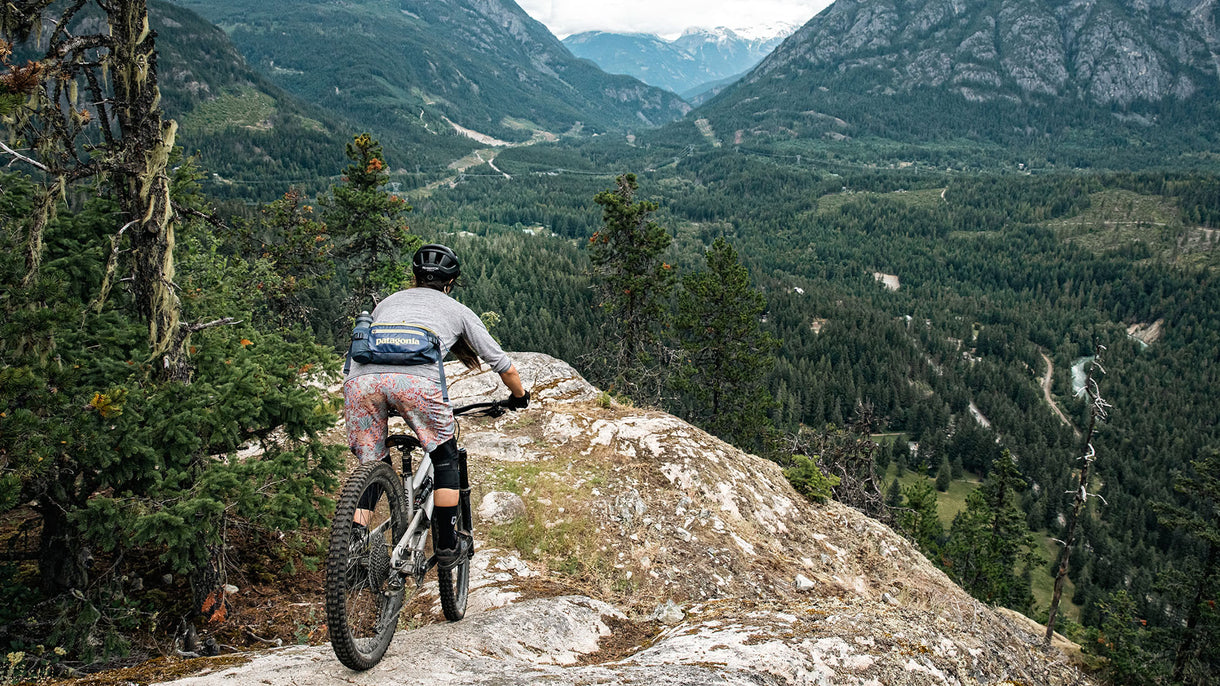
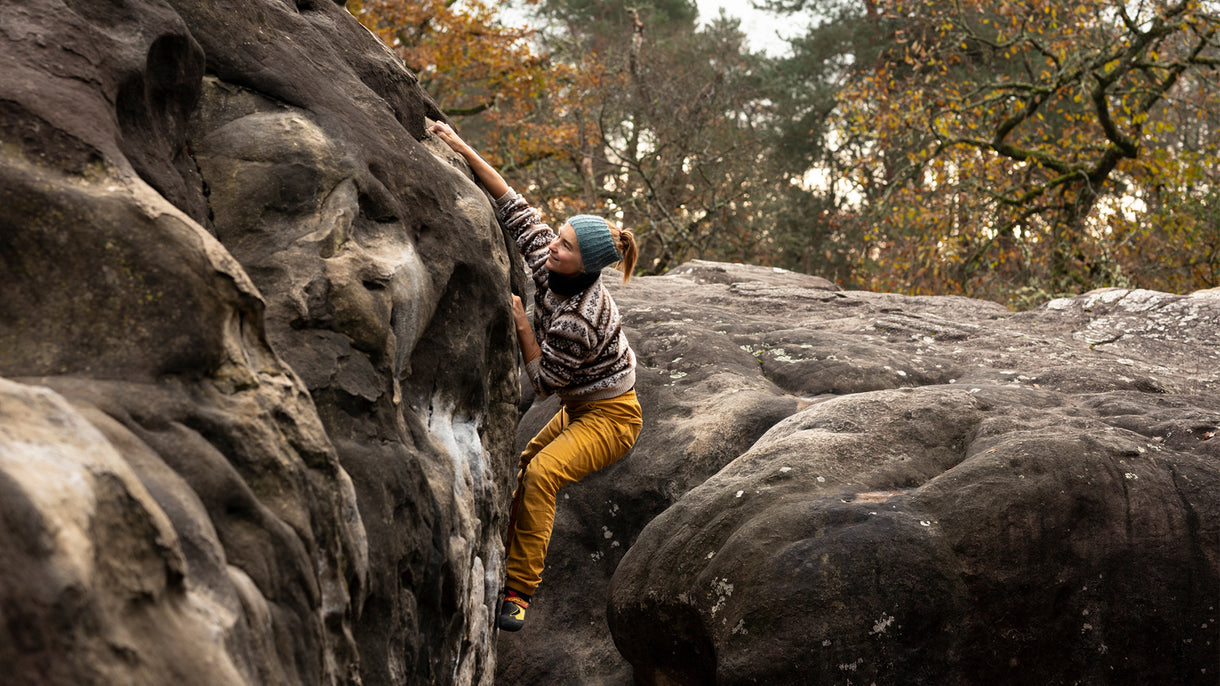
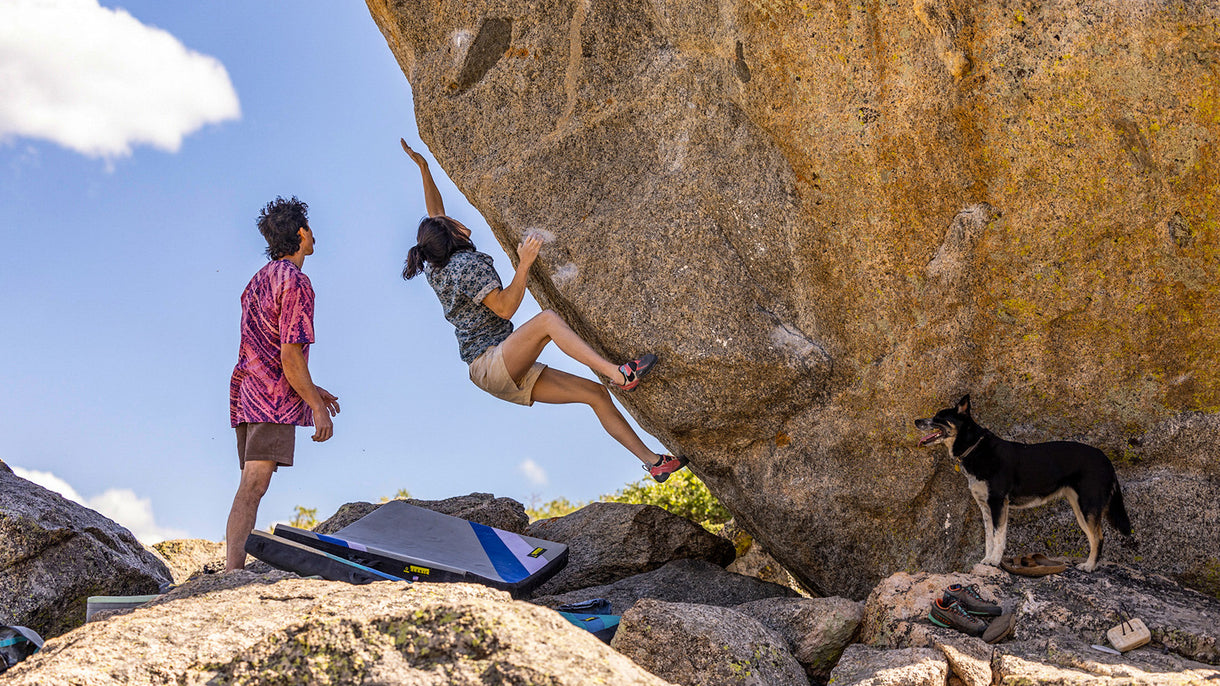

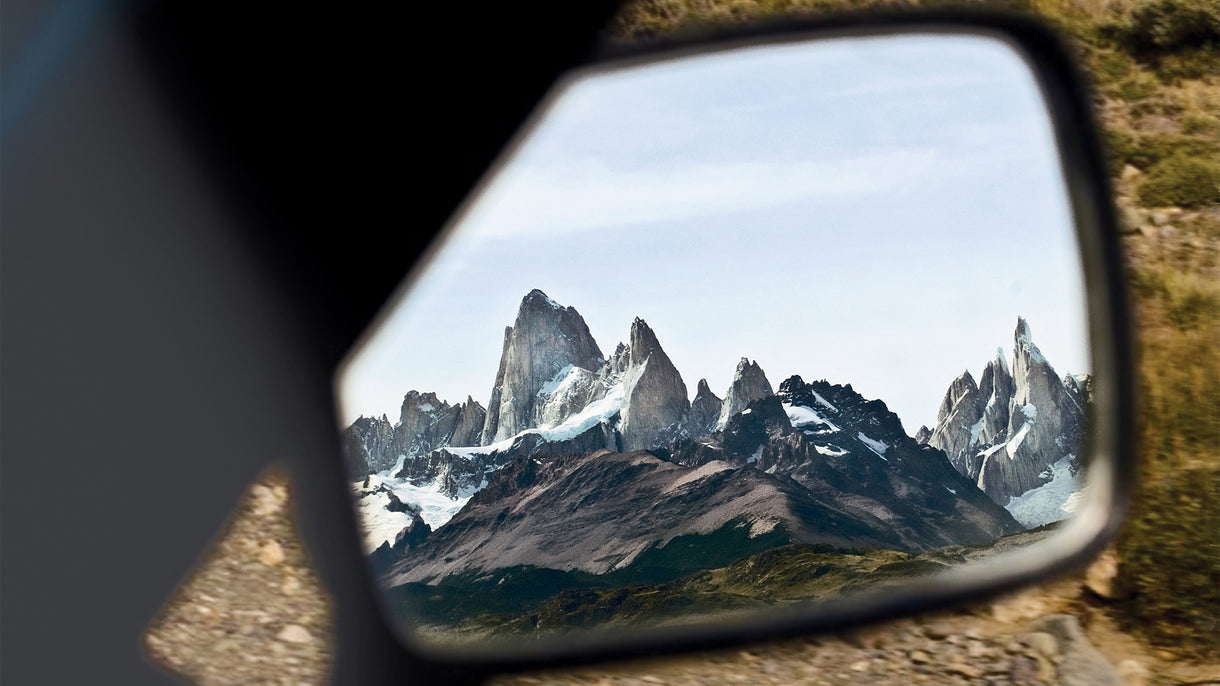
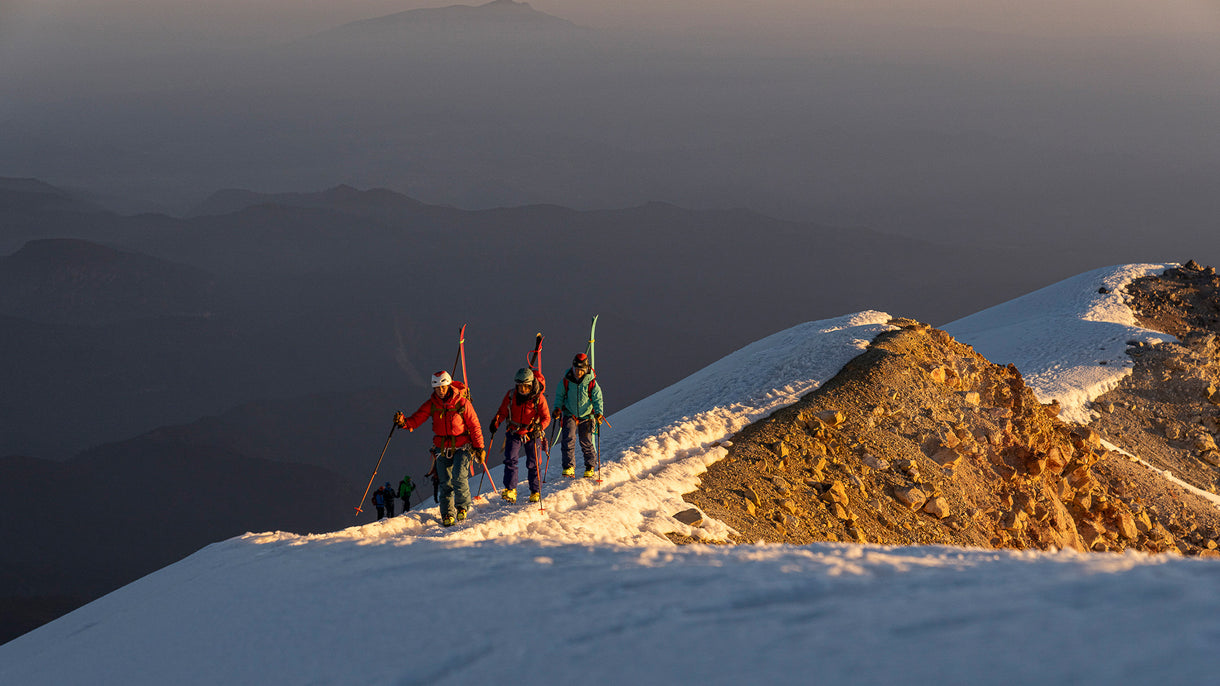
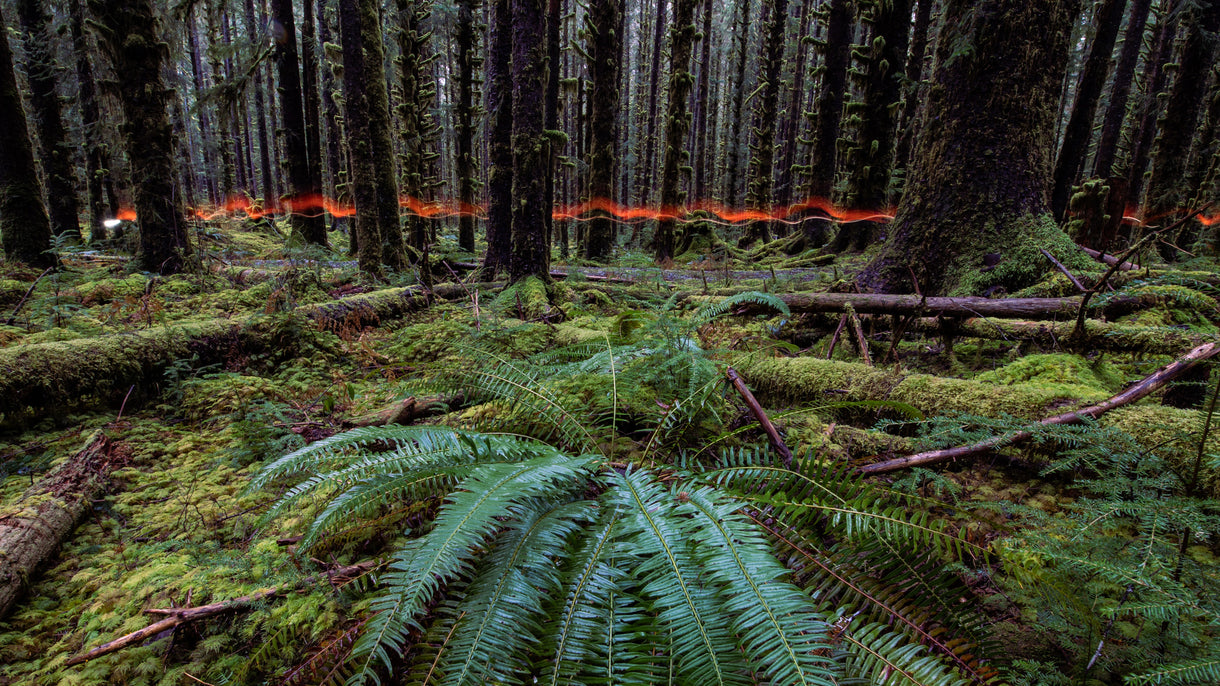
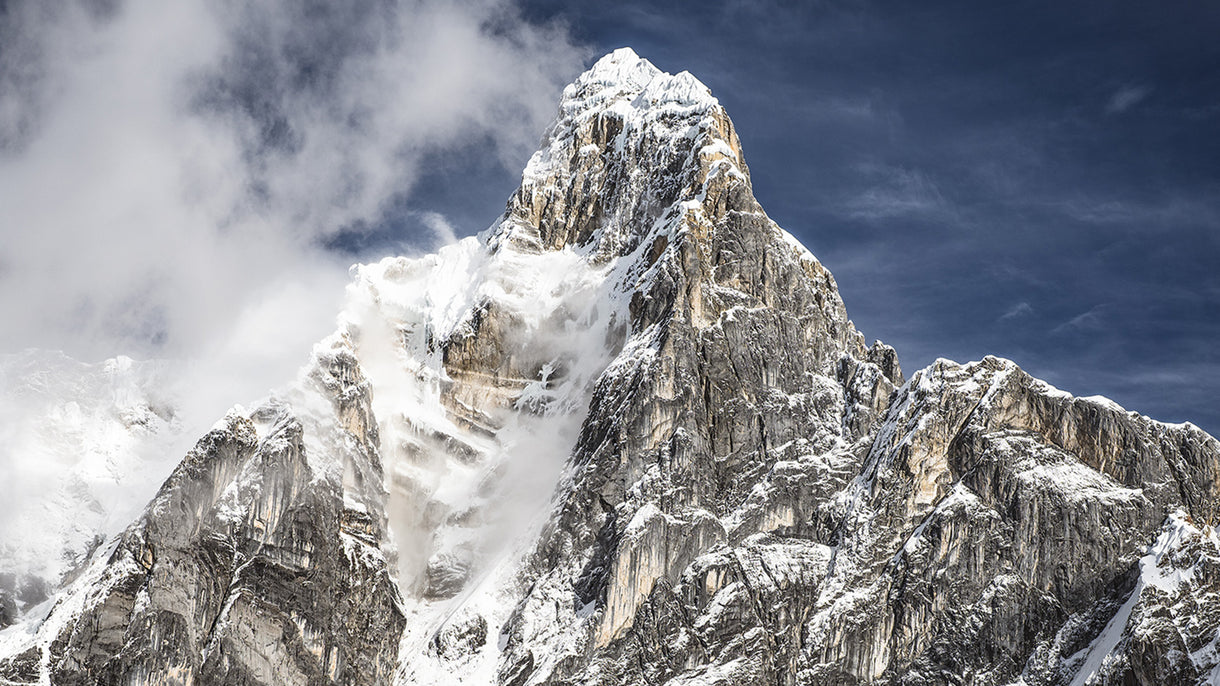

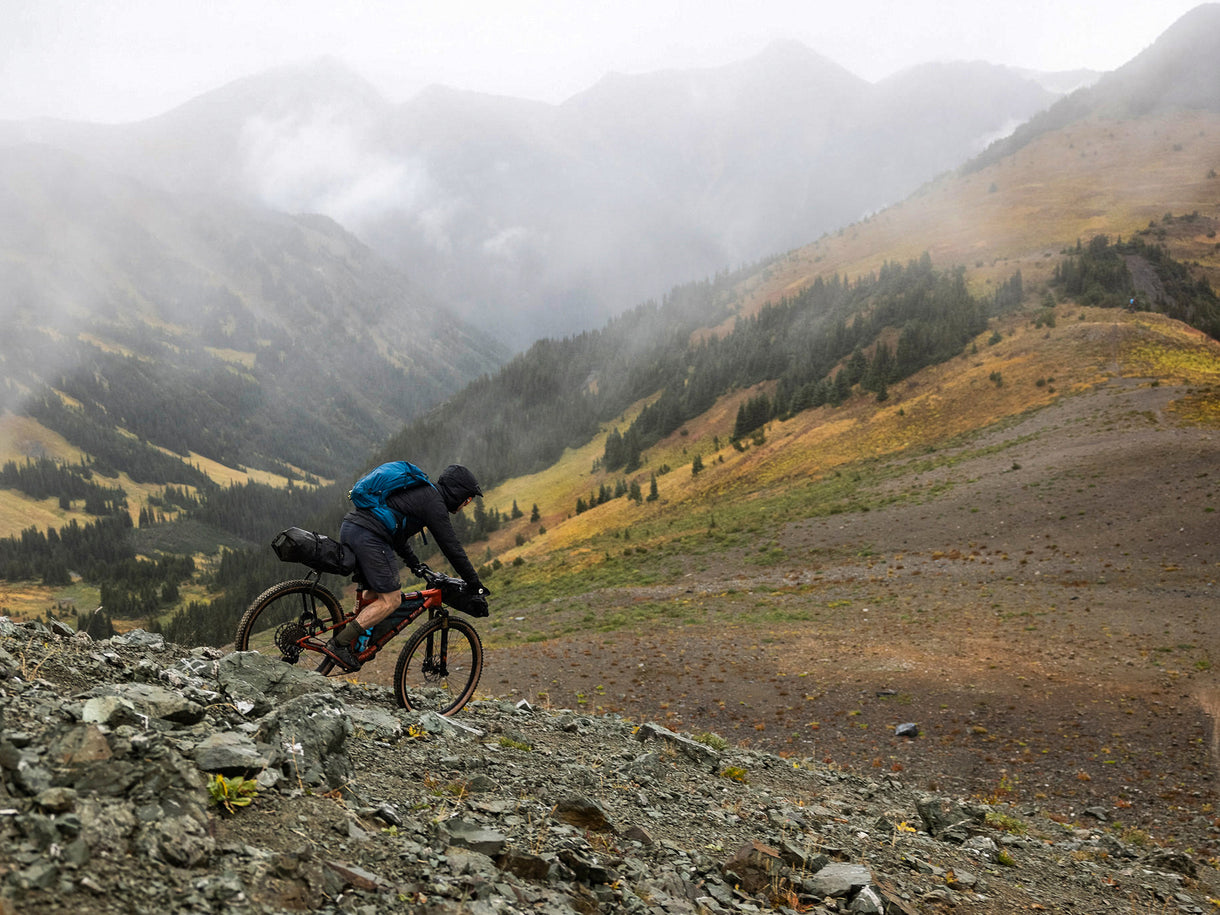
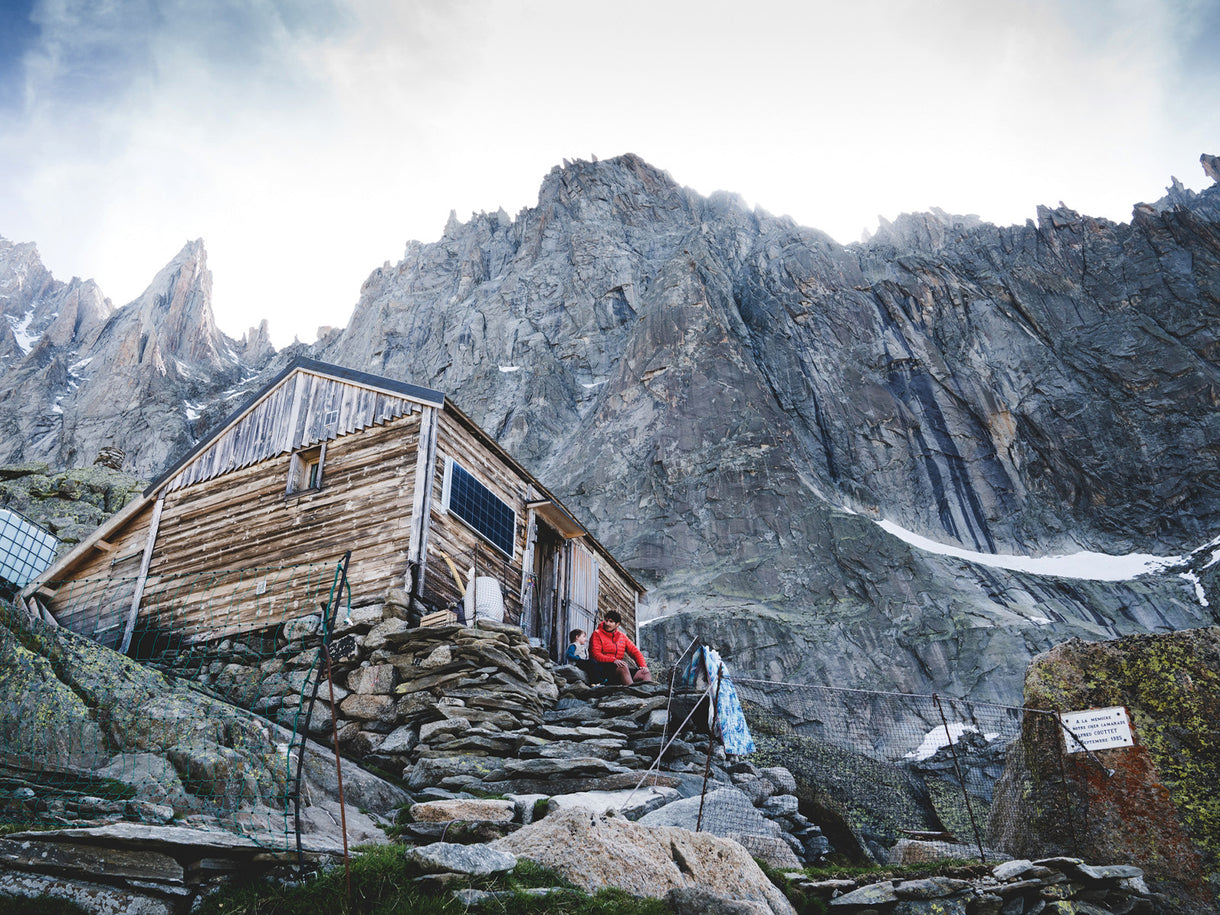



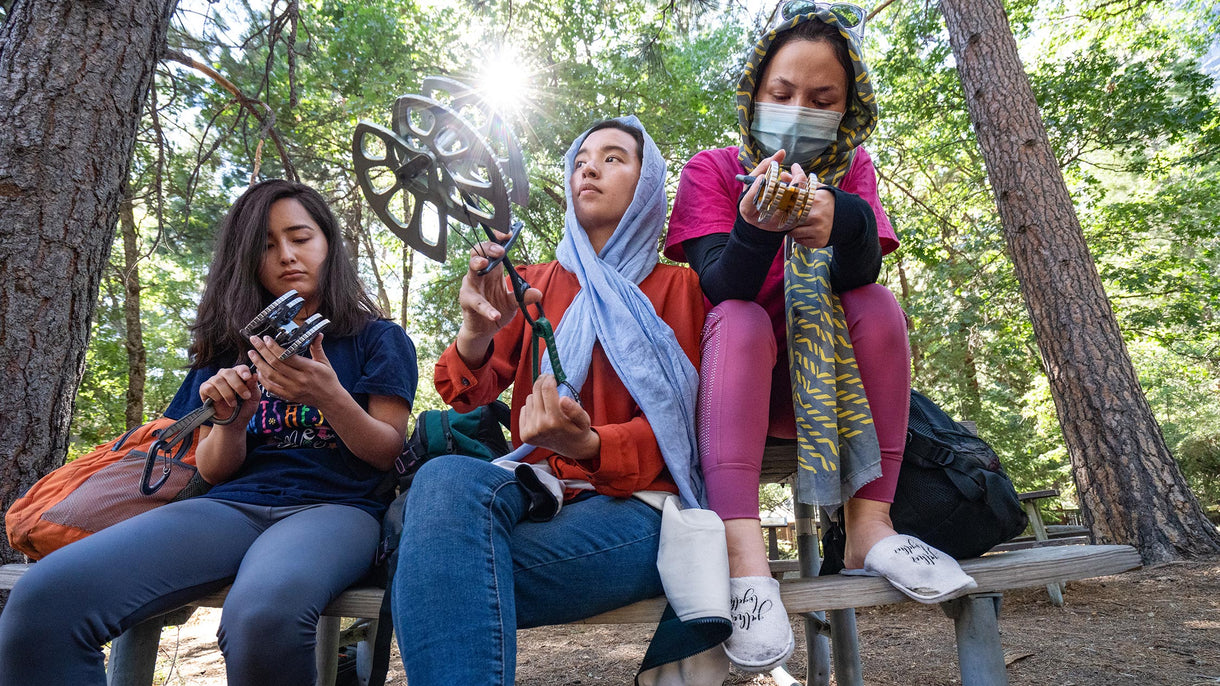
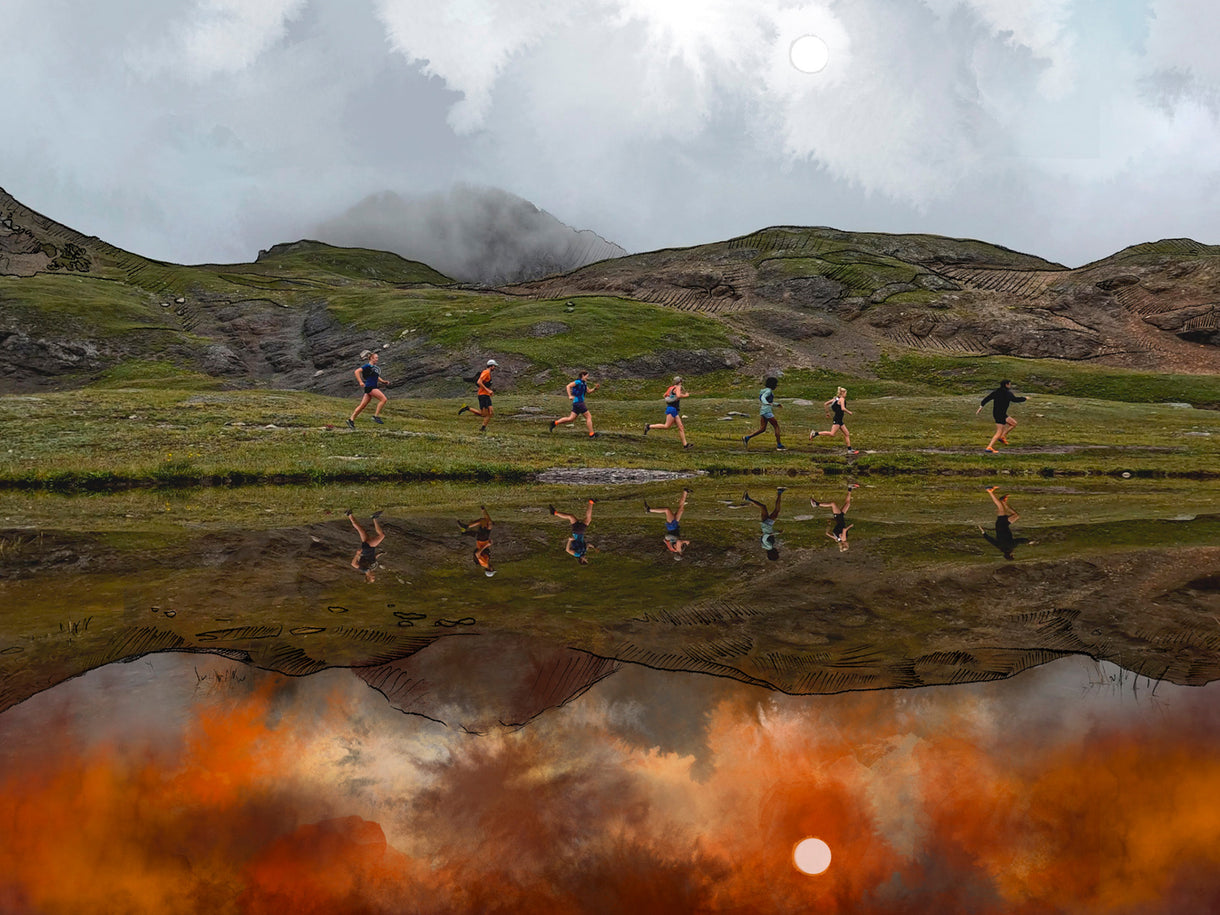


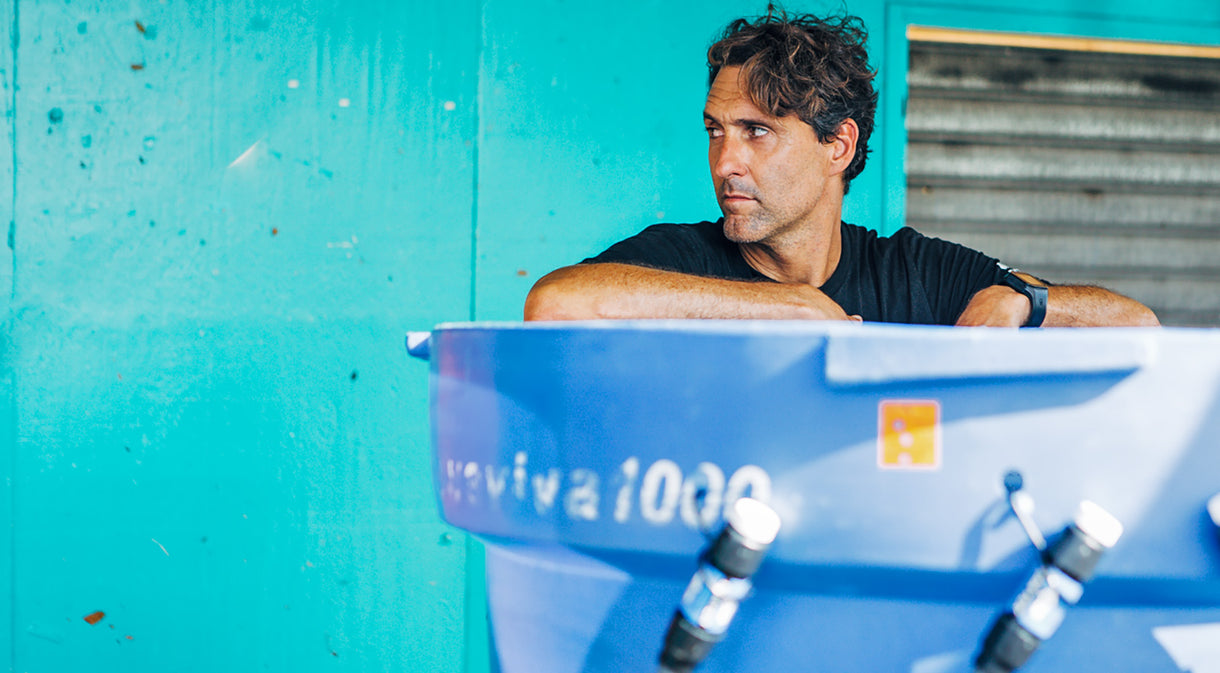
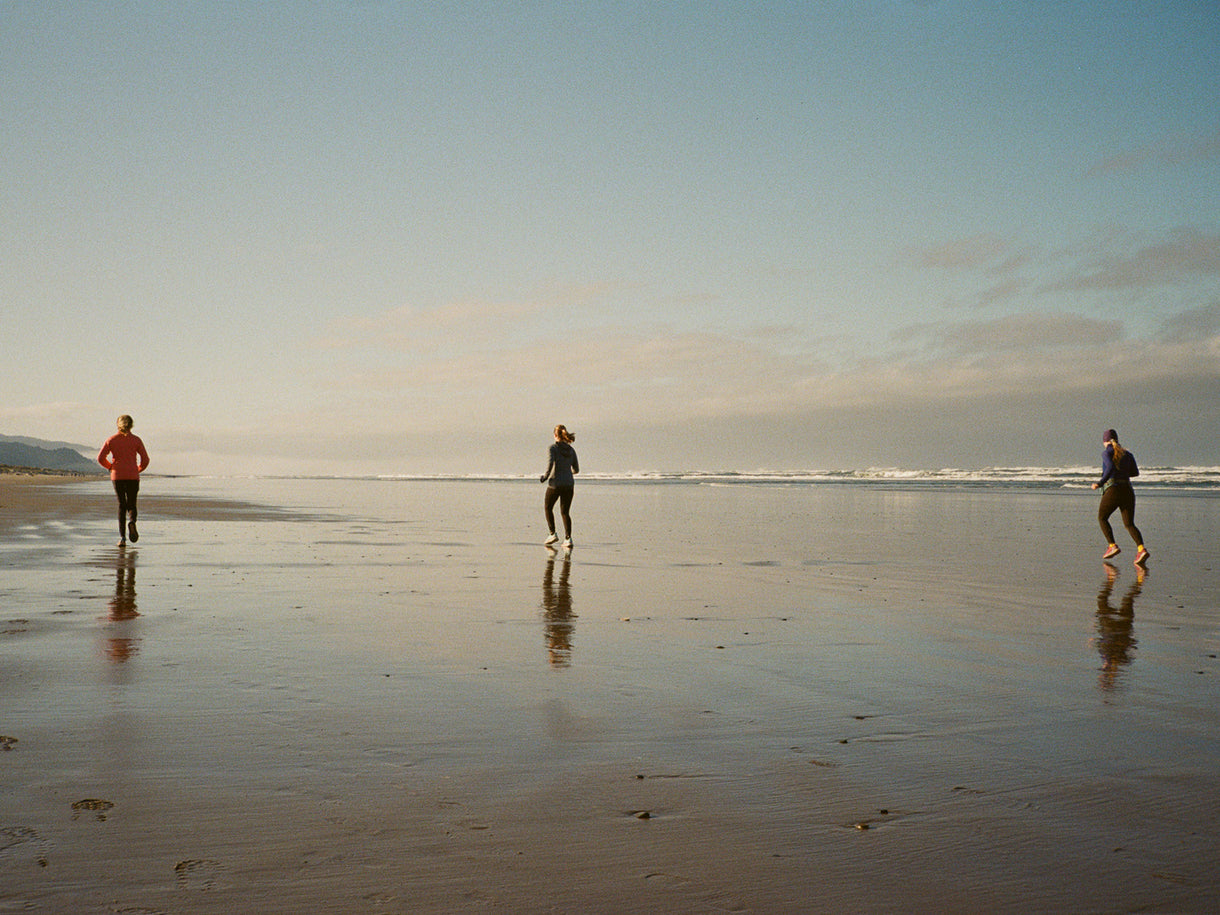
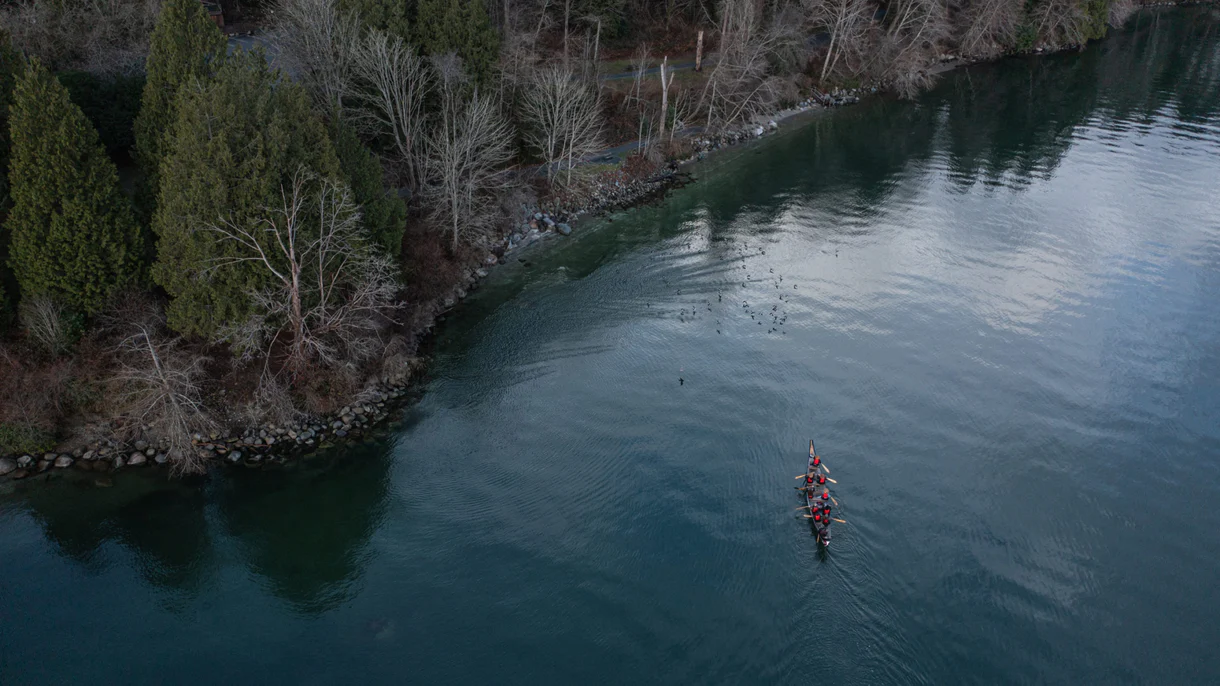
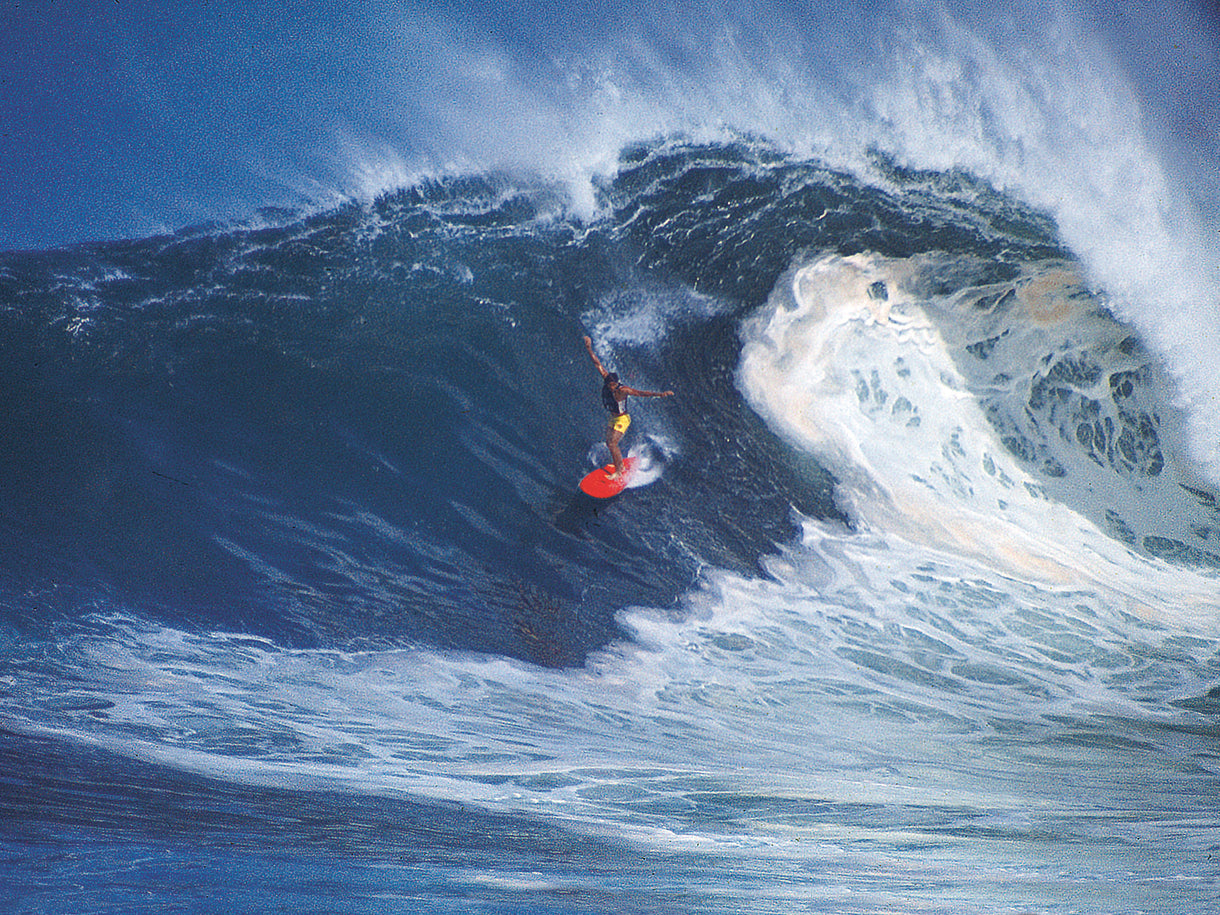
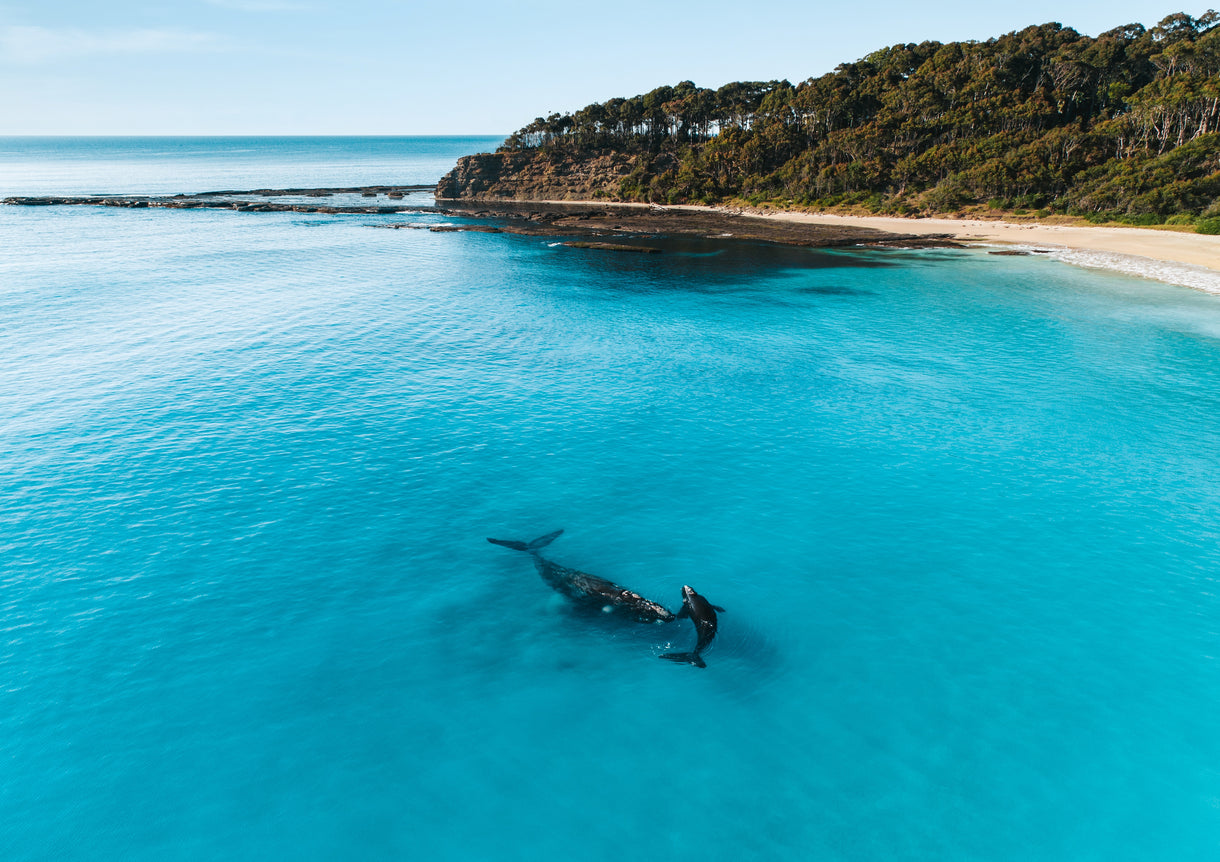
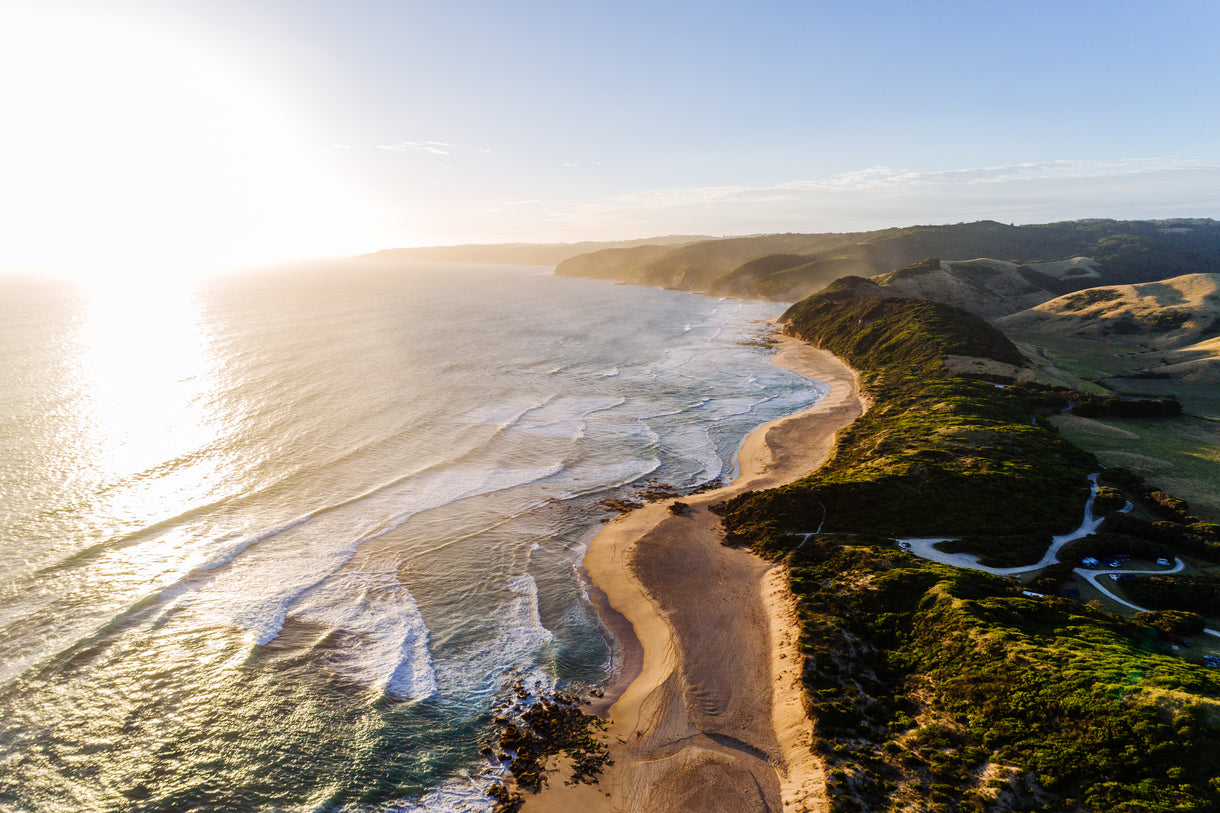
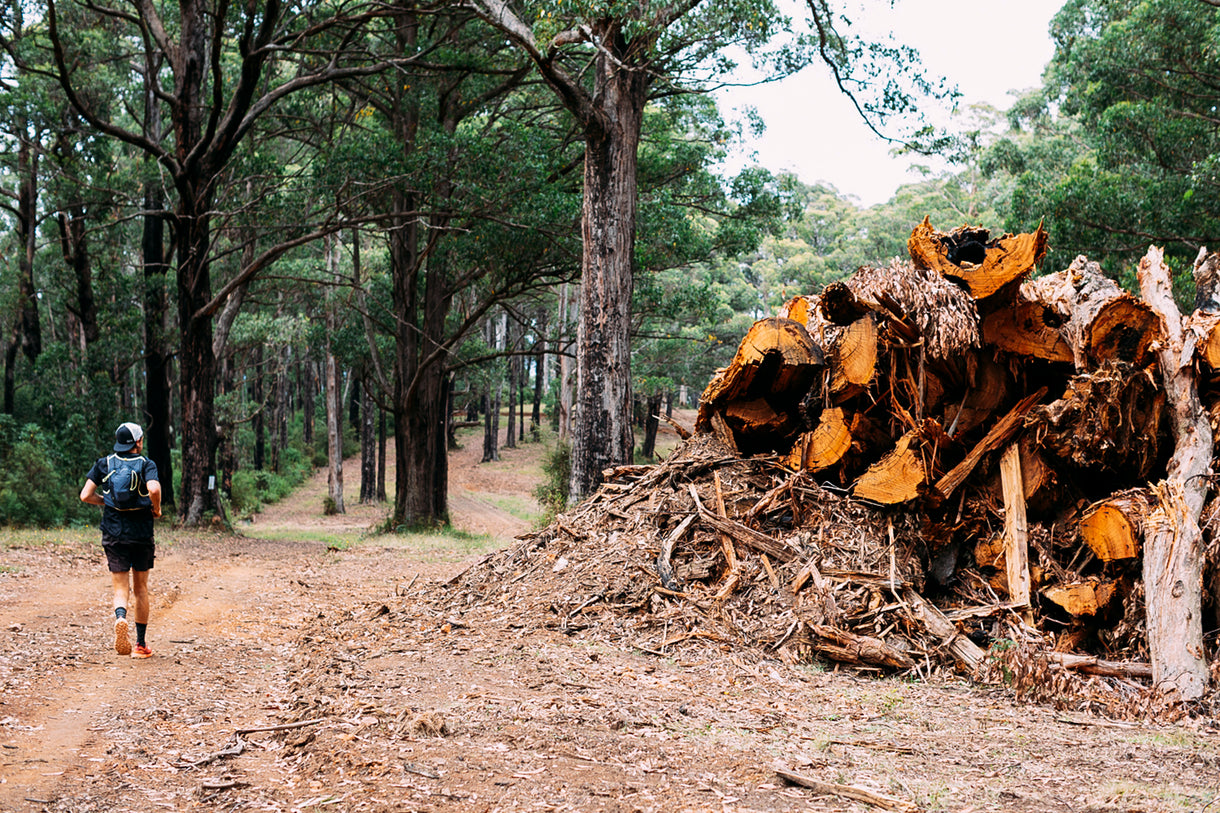
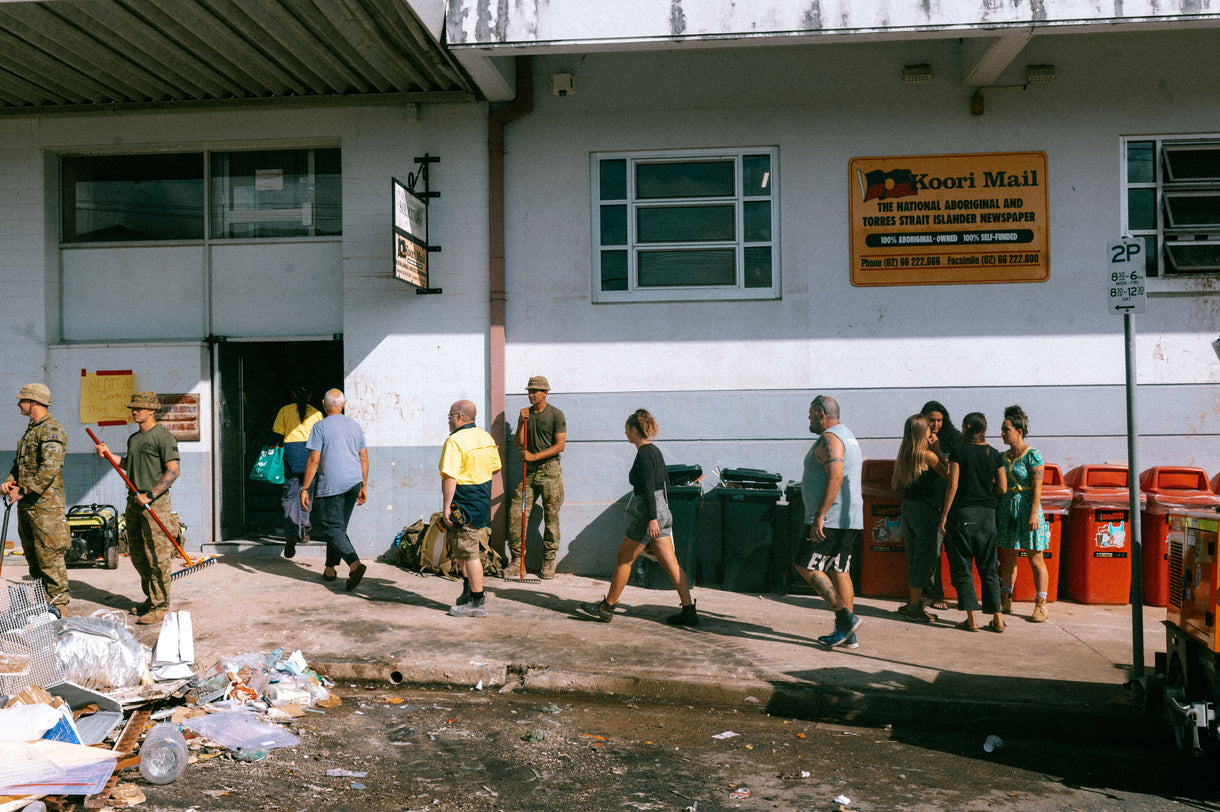

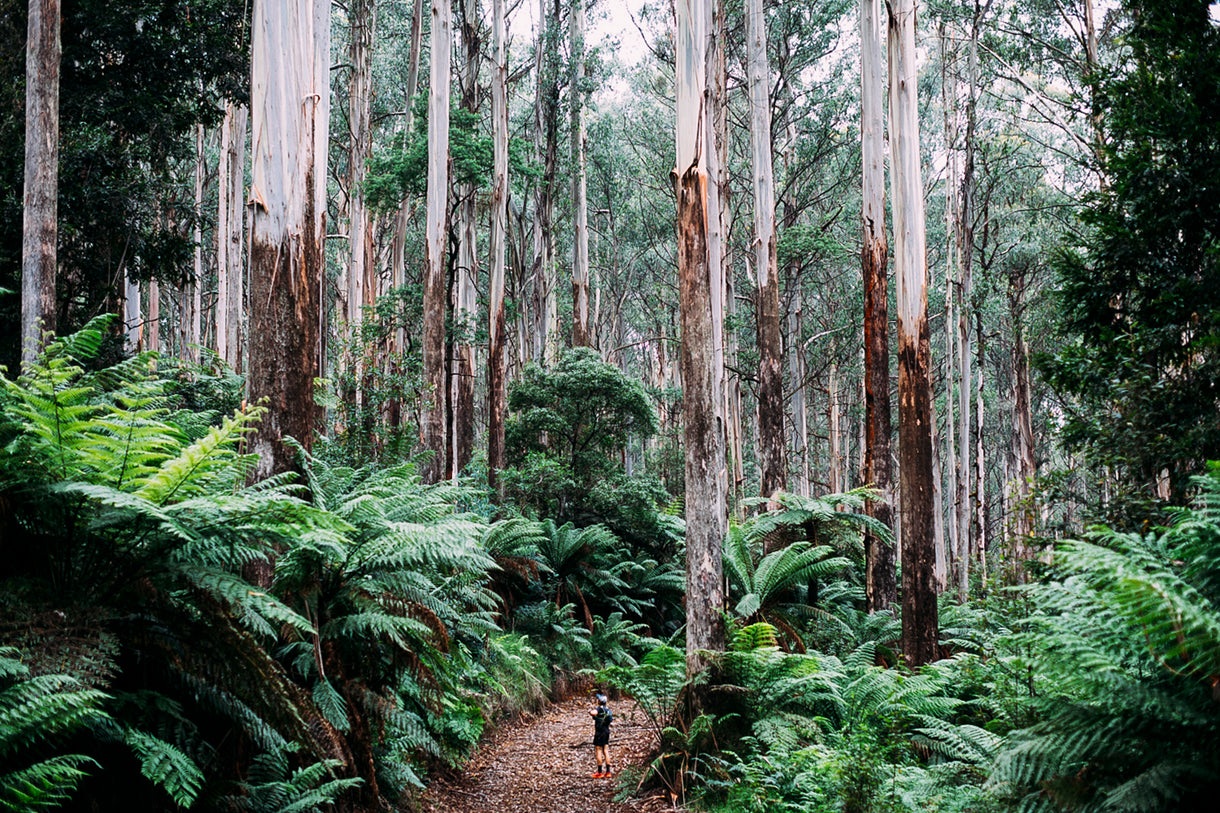
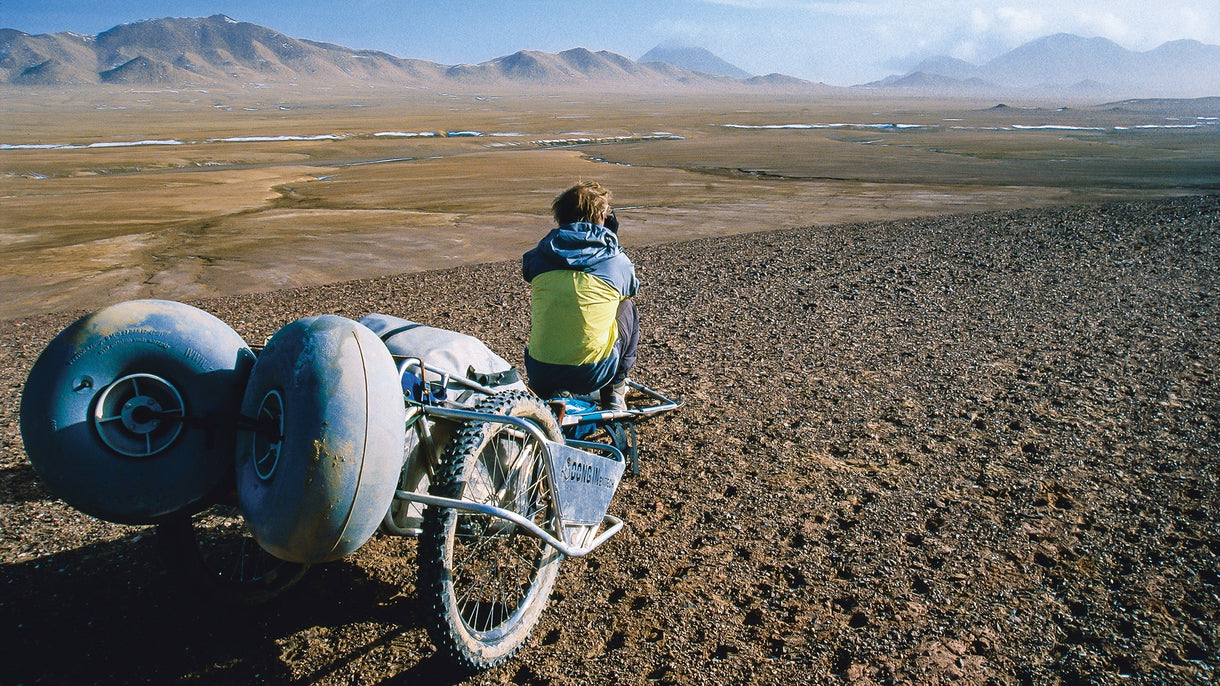
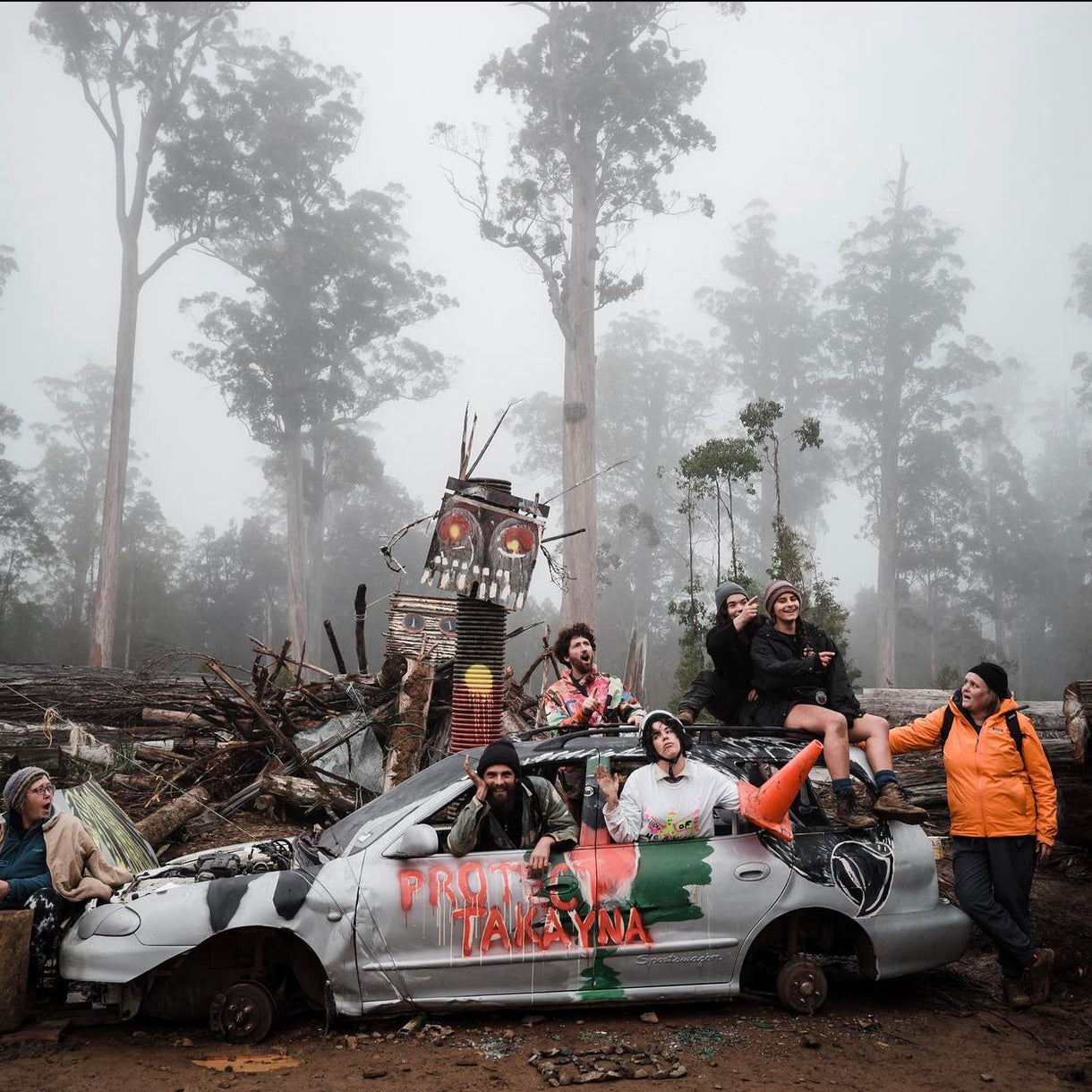


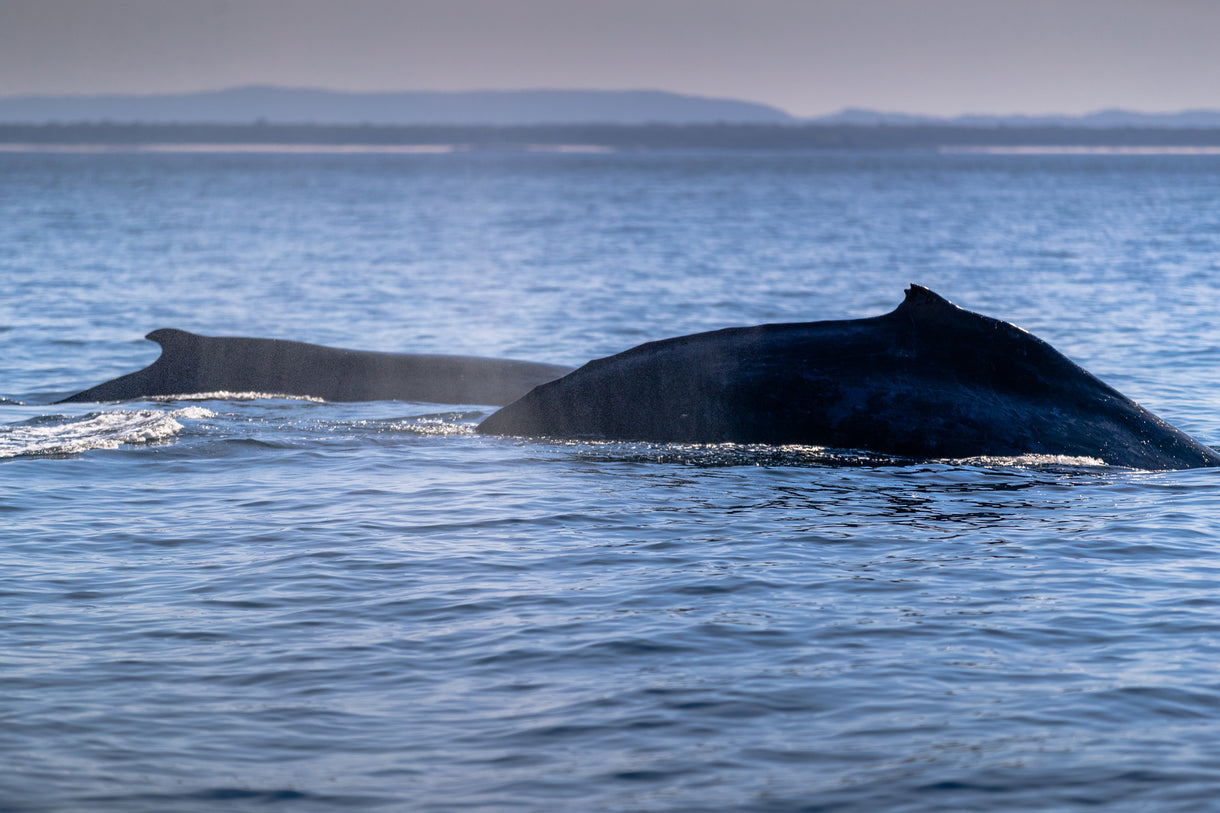
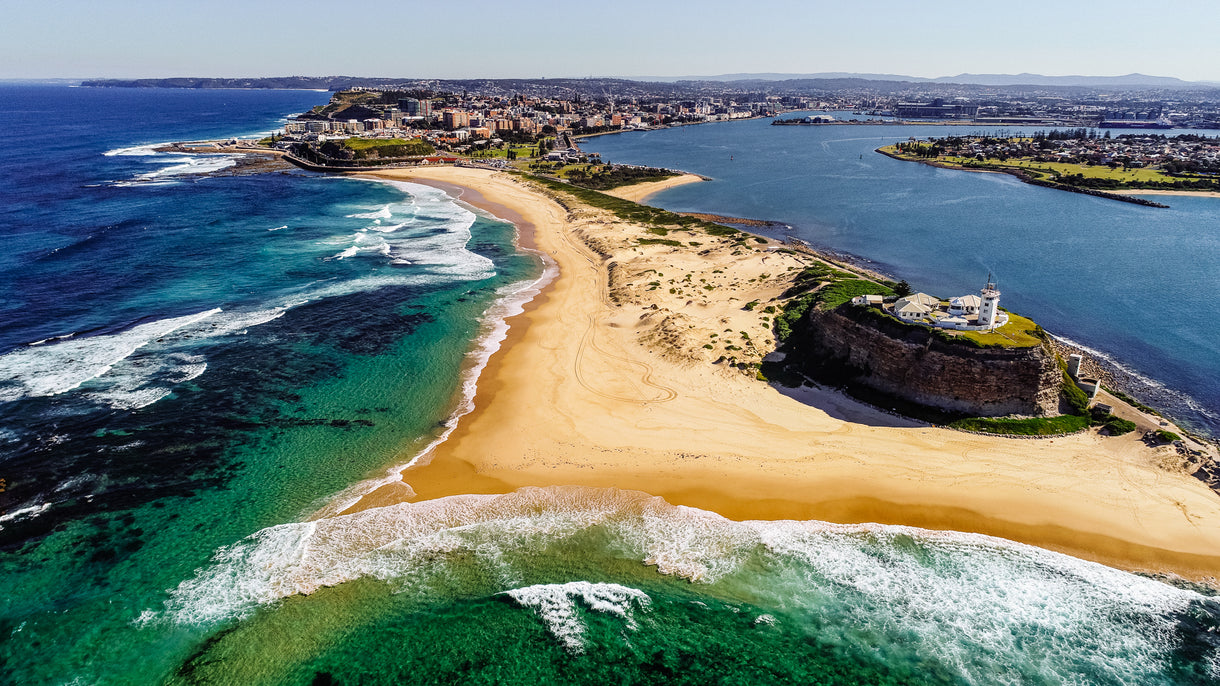
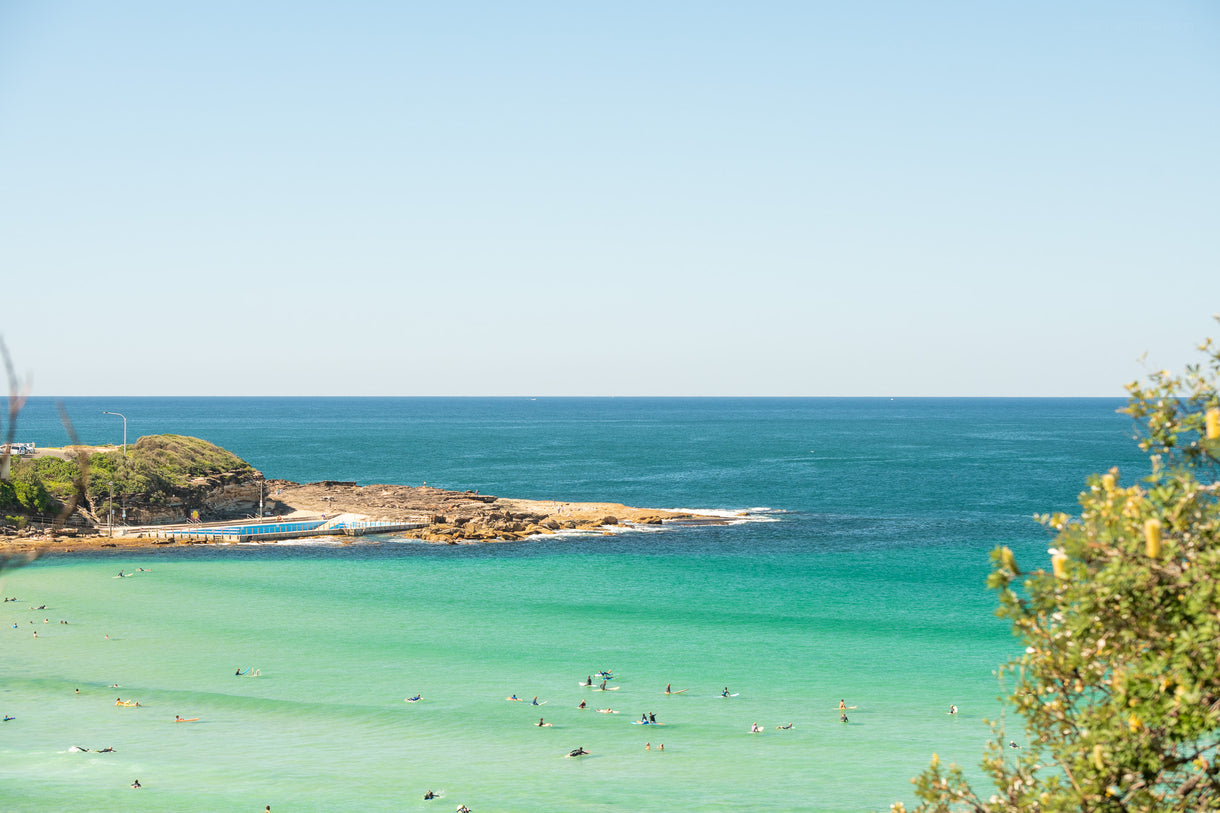
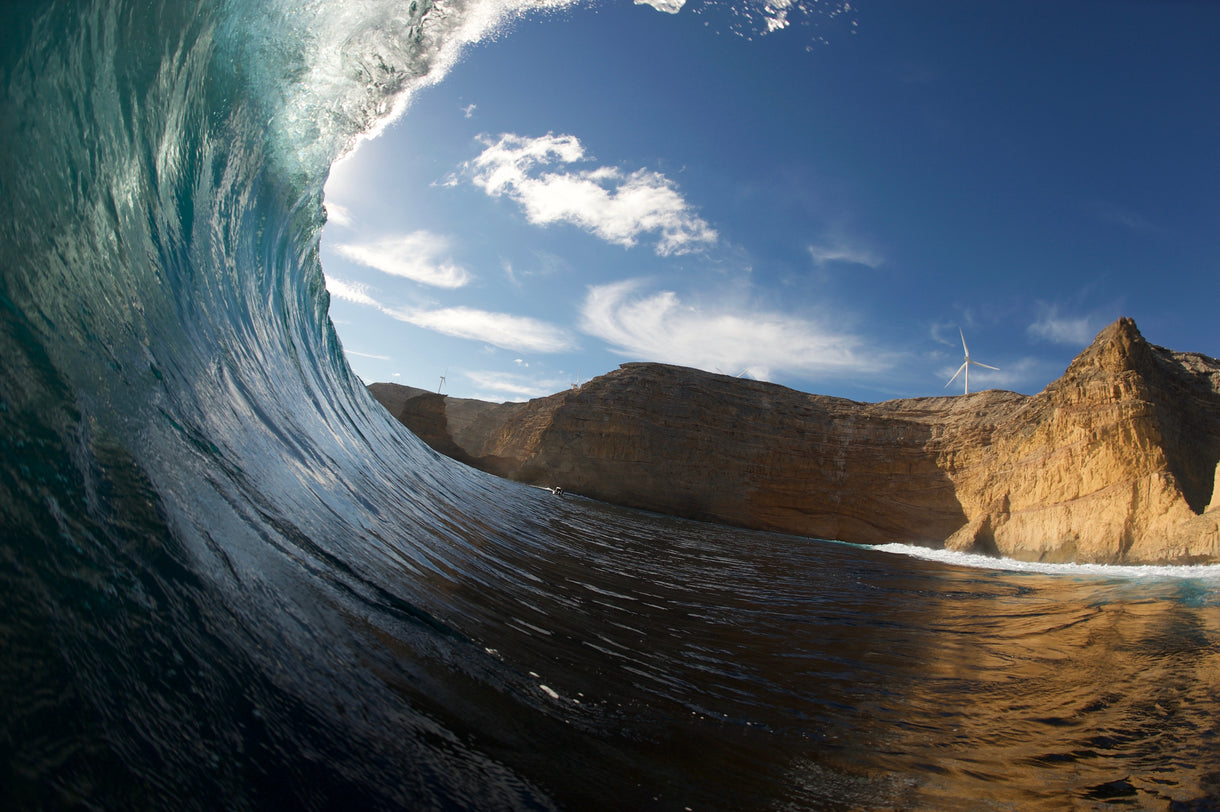
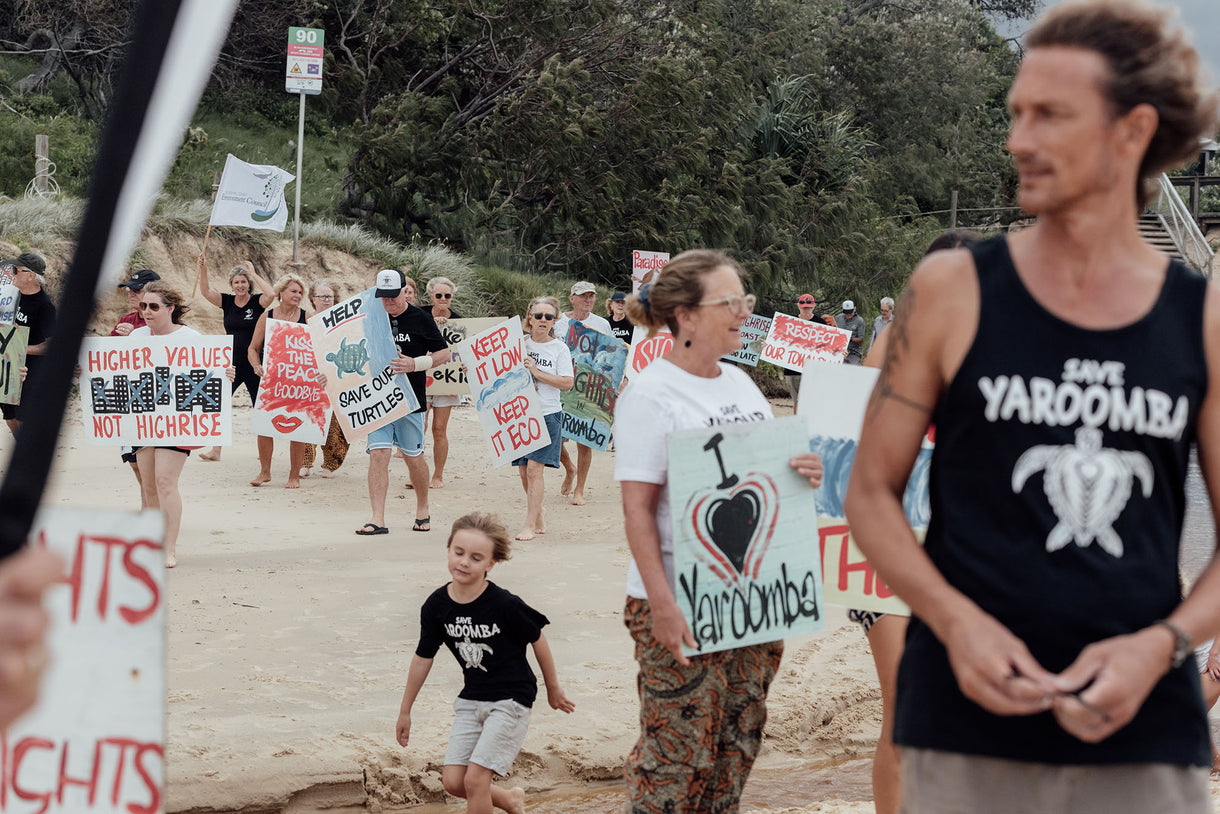
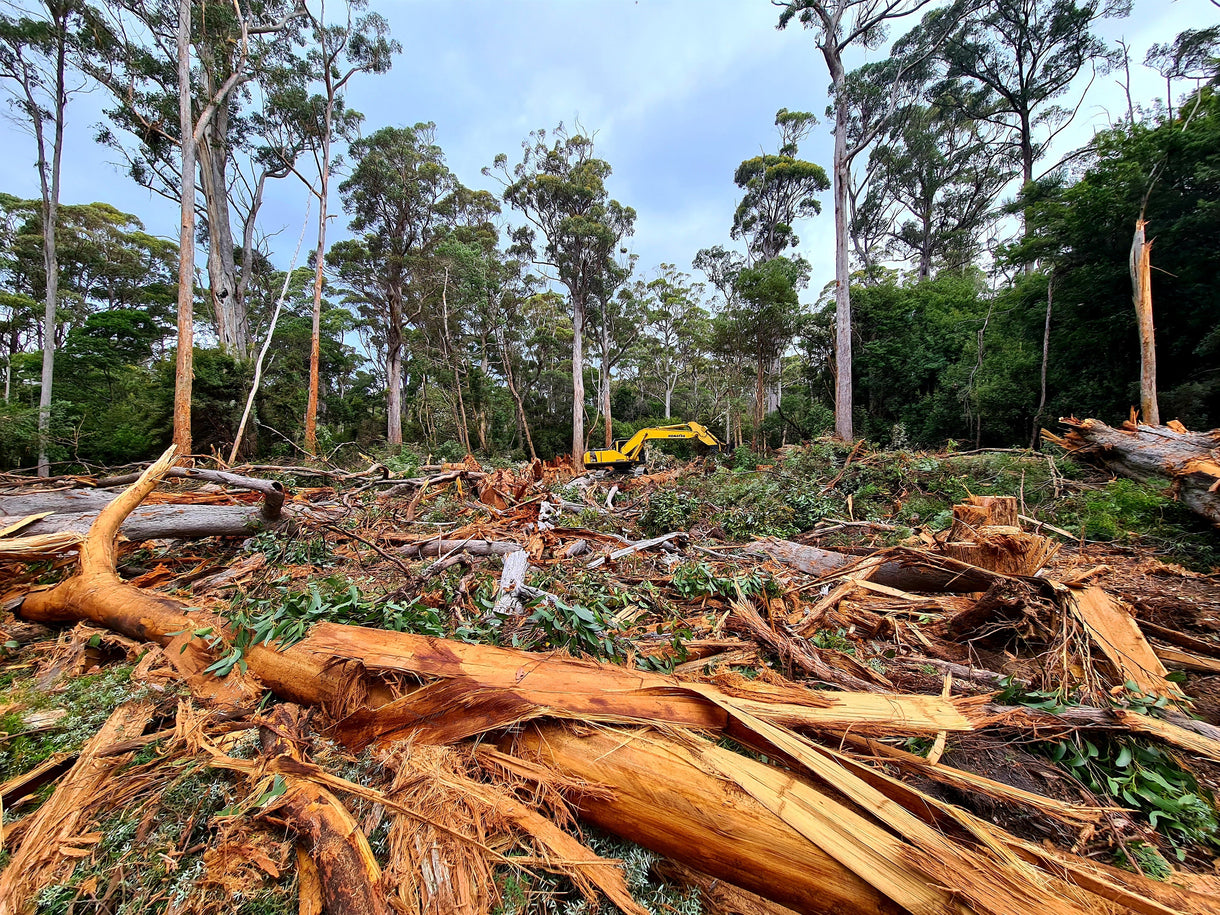
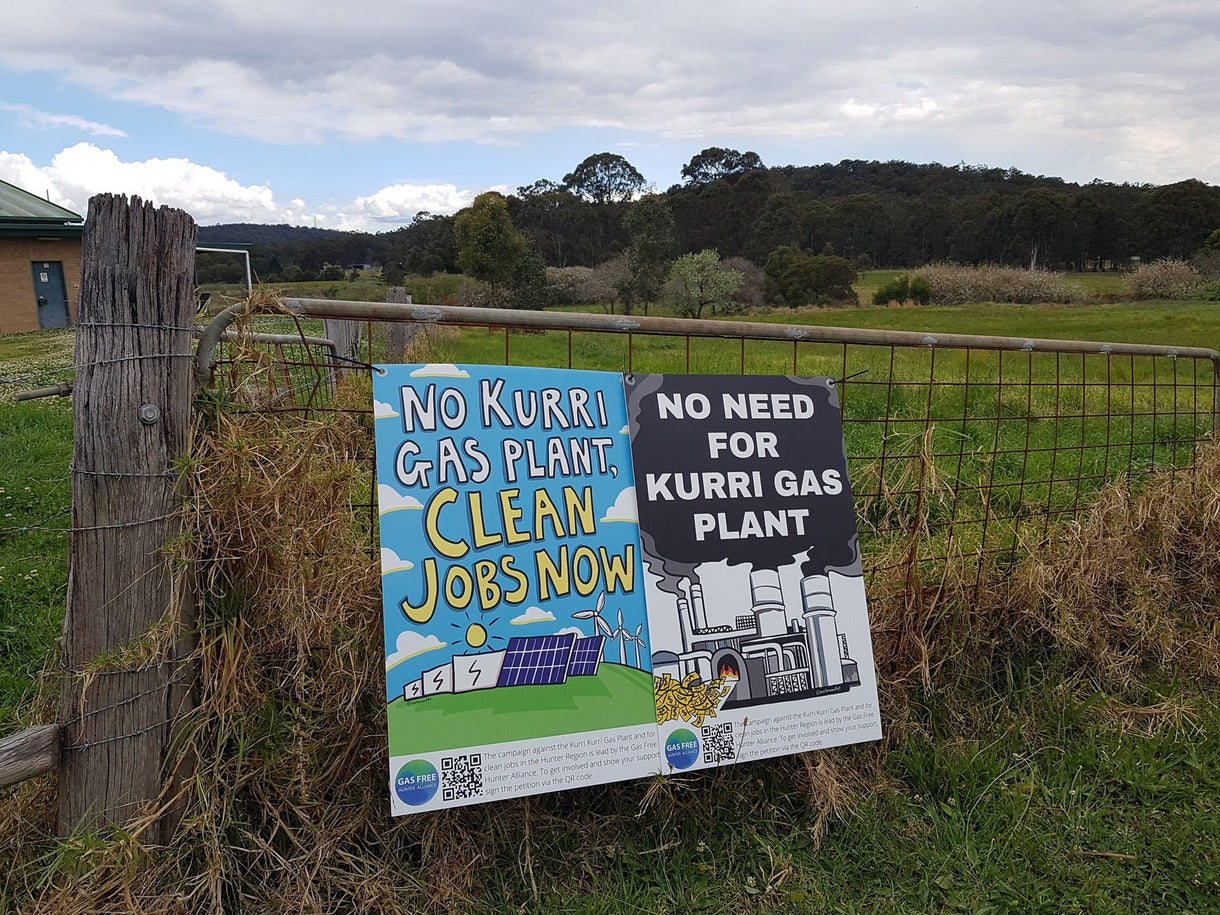
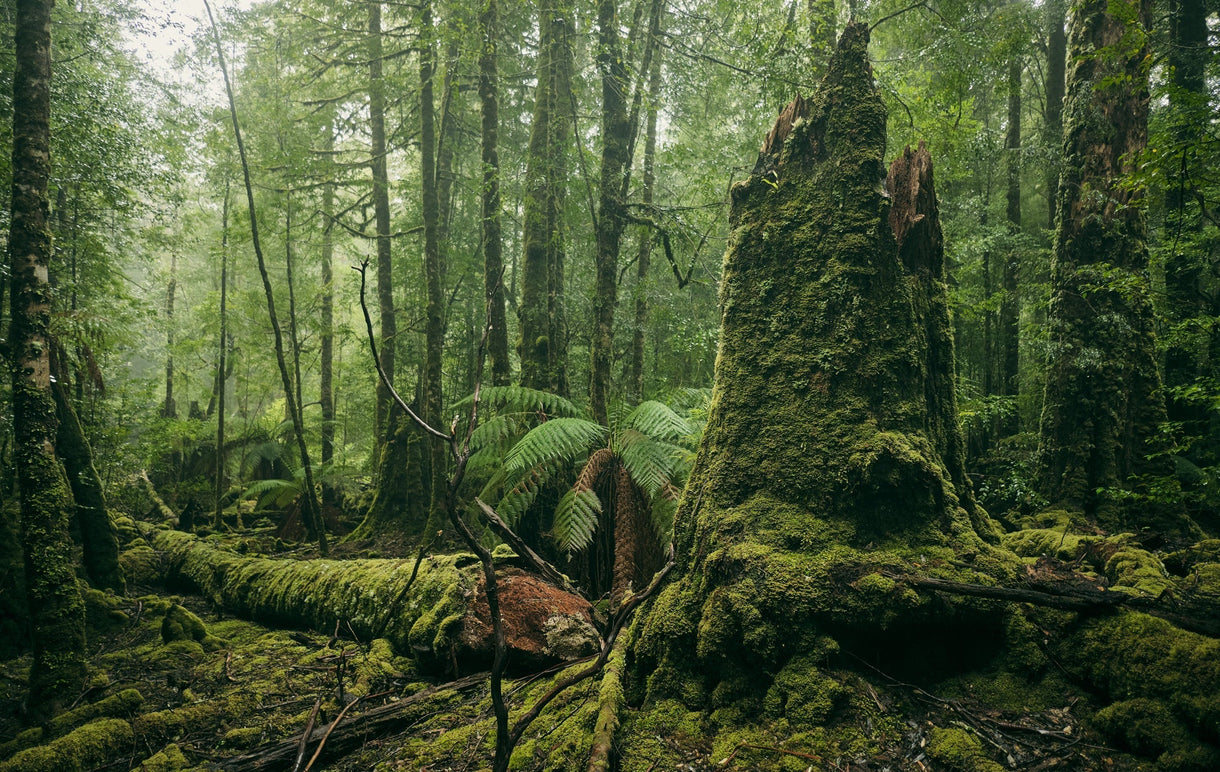
![Today was a huge victory for coastal communities between Sydney and Newcastle. [Front] Damien Cole, Belinda Baggs, Drew McPherson and Asha Niddrie. Photo Zoe Strapp](http://www.patagonia.com.au/cdn/shop/articles/strapp_z_AUS_000142_b147f38f-4f28-4e66-a3ea-89fccd422484_1220x.jpg?v=1650419749)
